We started the day with a lovely encounter during our breakfast break at the school. An educator was sitting with two students in the classroom. Although it was a holiday, she was giving extra attention to the children who needed it. We enjoyed our meal there and then continued cycling along the ocean. The ride was very pleasant, with flat, well-paved streets, and even the unpaved parts of the road added to our enjoyment. The weather is officially in the rainy season, so the rain can come suddenly, as if there is no tomorrow. However, I embrace each cloud that passes above us. The African sun tends to make me cycle about 40 km less each day.
Sandra suddenly starts to feel weak, triggering some alarm bells for malaria, so we decided to do a test later to be sure Turned out to be Negative. In the meantime, we took a break where she could sleep on a yoga mat by the roadside. While she rested, a few kids passed by in search of cashew fruit from the tree.I took some photos of the kids as they began to argue about who would get more and who would get less. Eventually, they agreed to share everything with each other and then asked me if I wanted one. Cashew fruit is really delicious, full of water and flavor, but at that moment, I didn’t know that the actual nuts are toxic. I tried a little bit, but didn’t eat it, and I ended up burning my lips. They hurt for many weeks afterwards.
While cycling through Ghana, we were struck by the number of people walking naked or clearly in distress on the streets. It’s not just random — it reflects a serious mental health crisis.
An estimated 20,000 people with mental illness live on the streets in Ghana. The country has only three public psychiatric hospitals, all in the south, and very limited mental health resources. Many people don’t get medical help due to stigma and cultural beliefs; instead, they’re often taken to traditional healers or prayer camps, Because of this, untreated mental illness is widespread and highly visible. The government and NGOs are working on awareness campaigns and trying to improve care, but progress is slow.
One aspect of my experience in Ghana has left me perplexed. I find myself constantly being called out by strangers, both children and adults alike. Phrases like “Obroni!”, “White man!”, are thrown in my direction regularly, often without any follow-up or real conversation. I had expected Ghana, known for its strong educational foundation in West Africa, to feel different in this regard. But the repeated calling, often with no intention of dialogue, has caught me off guard.
Occasionally, I try to engage with those who shout out, hoping to spark a conversation. But the response is usually limited to exaggerated reactions or laughter, often accompanied by little more than the initial nickname. Compared to our times in Sierra Leone or Liberia, where exchanges felt genuine and diverse in subject, interactions here seem much more surface-level. awkward imitations of Chinese sounds—“ching chang zu”—are shouted from passing vehicles, mostly for entertainment among peers.
The lack of curiosity or openness in these moments feels striking. I’ve rarely encountered this degree of ignorance or stereotyping toward foreigners elsewhere (maybe Mauritania or Guinea), perhaps only in isolated instances. And yet, Ghana is often perceived as a more progressive or educated country in the region.
We found ourselves caught in a heavy rainstorm, unsure of where to seek shelter. While struggling to find a place to stay dry, we noticed two people approaching us from behind a fence: Jessica and Leo. They kindly invited us to take refuge from the downpour. Once we entered their home, we were warmly welcomed by their father, who immediately began making traditional Chinese tea and set out some snacks for us. It reminded me of the hospitality I experienced in Morocco. The family have been working in the area for a few years, buying rubber trees to export to China. The rain finally stopped around 5 PM, and as we prepared to leave, they offered us a room to stay until the next day. Jessica and Leo speak good English, and we weren’t going to pass up such a generous opportunity. We happily accepted their invitation. After settling in, we enjoyed a delicious Chinese dinner prepared by a woman from Burkina Faso, who learned all the recipes from their father. Following dinner, we sat outside watching a Chinese film with him, followed by a Batman cartoon. We had a restful night’s sleep, feeling grateful for the unexpected kindness we received.
With a strong tailwind, we arrived in Takoradi earlier than expected. Our host showed us around the city and took us for a late afternoon walk. One thing I noticed on the streets is that children, and sometimes even adults, were playing together with board games or what I call “analogue games.” It’s beautiful to see that the influence of smartphones hasn’t arrived here yet. It reminded me of my childhood, when we spent most of our time outside playing with our hands—no phones or computers in sight. In fact, I see people appearing happier in Ghana. We passed a massive, half-finished structure at the Kwame Nkrumah Roundabout—the remains of what was supposed to be Ghana’s first three-tier interchange. Construction began in 2021 with high hopes of easing traffic, but it has been abandoned since early 2023. The reason? Ghana is experiencing a financial crisis. The Chinese contractor, Sinohydro, halted work due to unpaid funds as the country entered debt restructuring talks with the IMF. Materials have been removed, and the site now sits quiet—serving as a concrete symbol of stalled development.
We met at the sewing school, I was so happy to see their happiness because I took some photos for them and sent them to their Teacher.
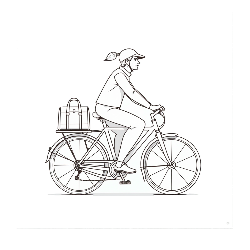
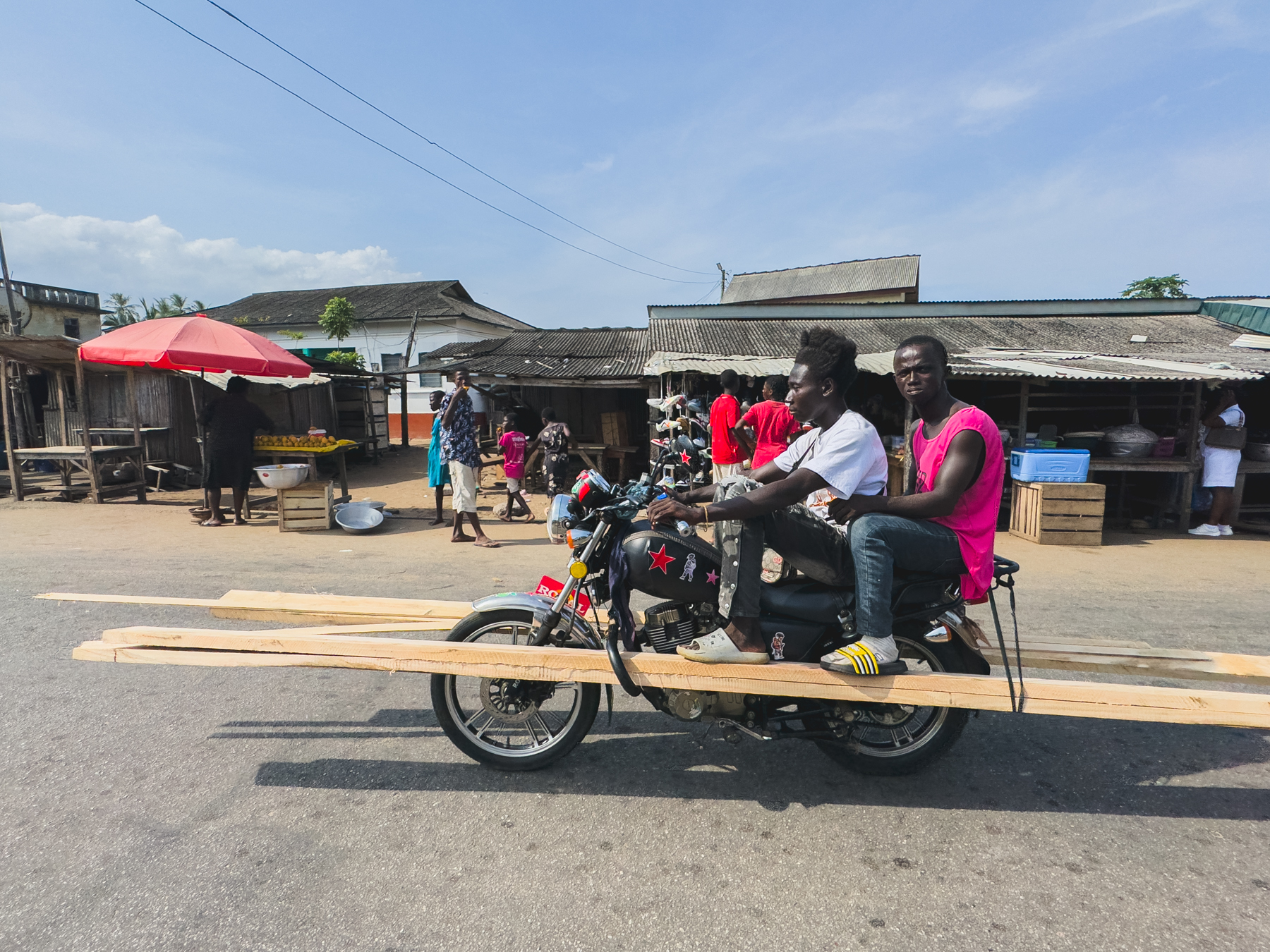
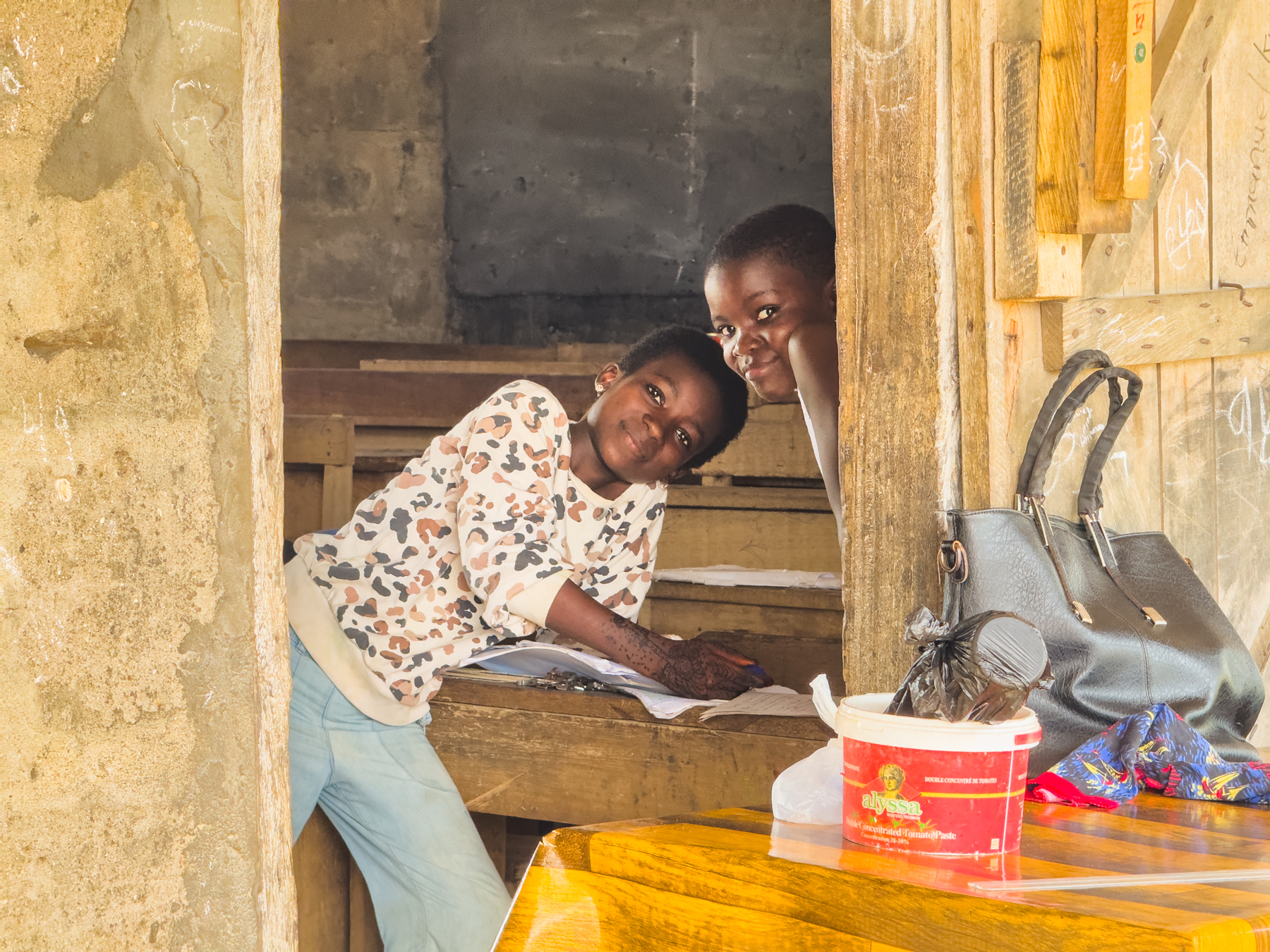
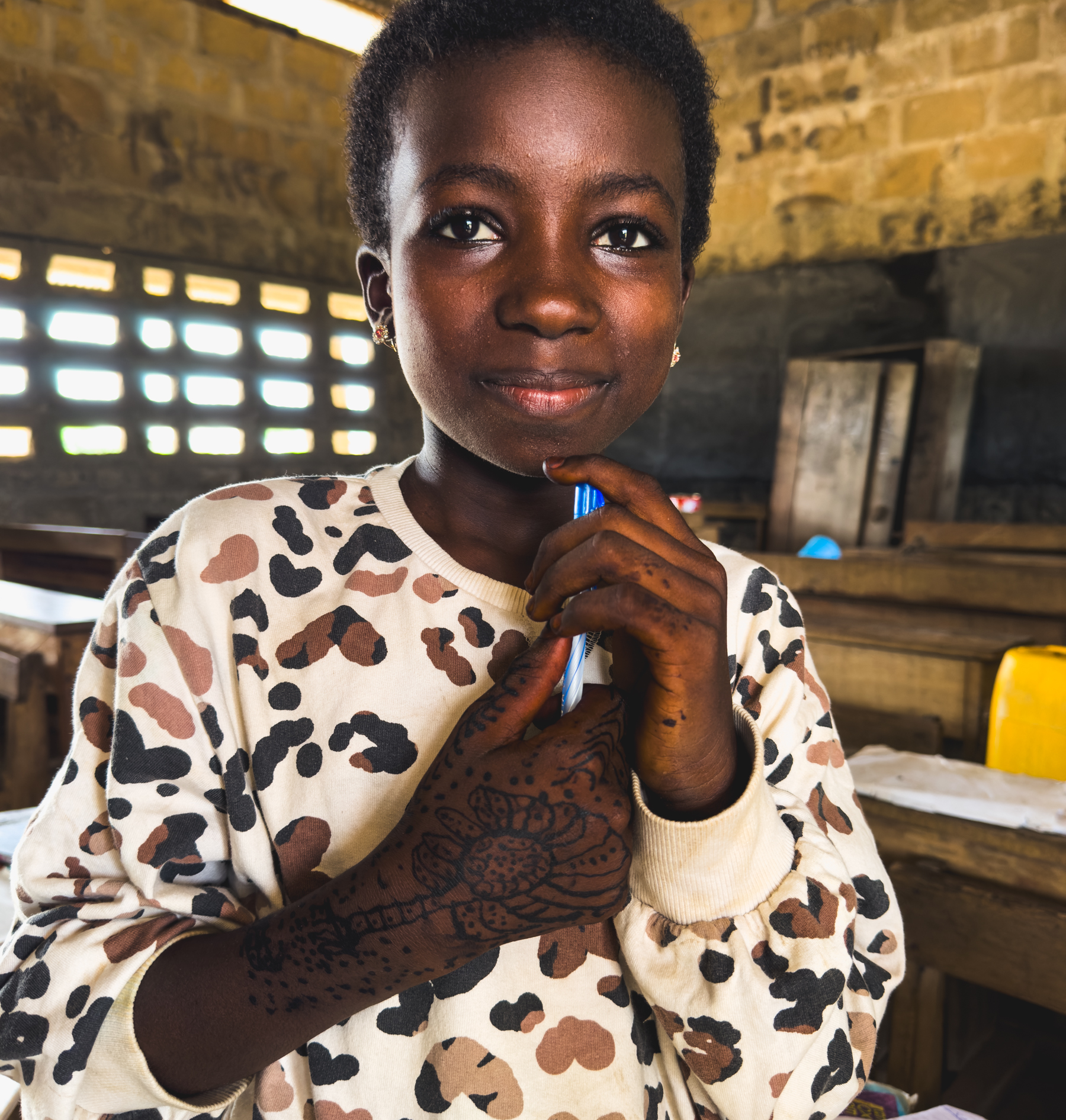
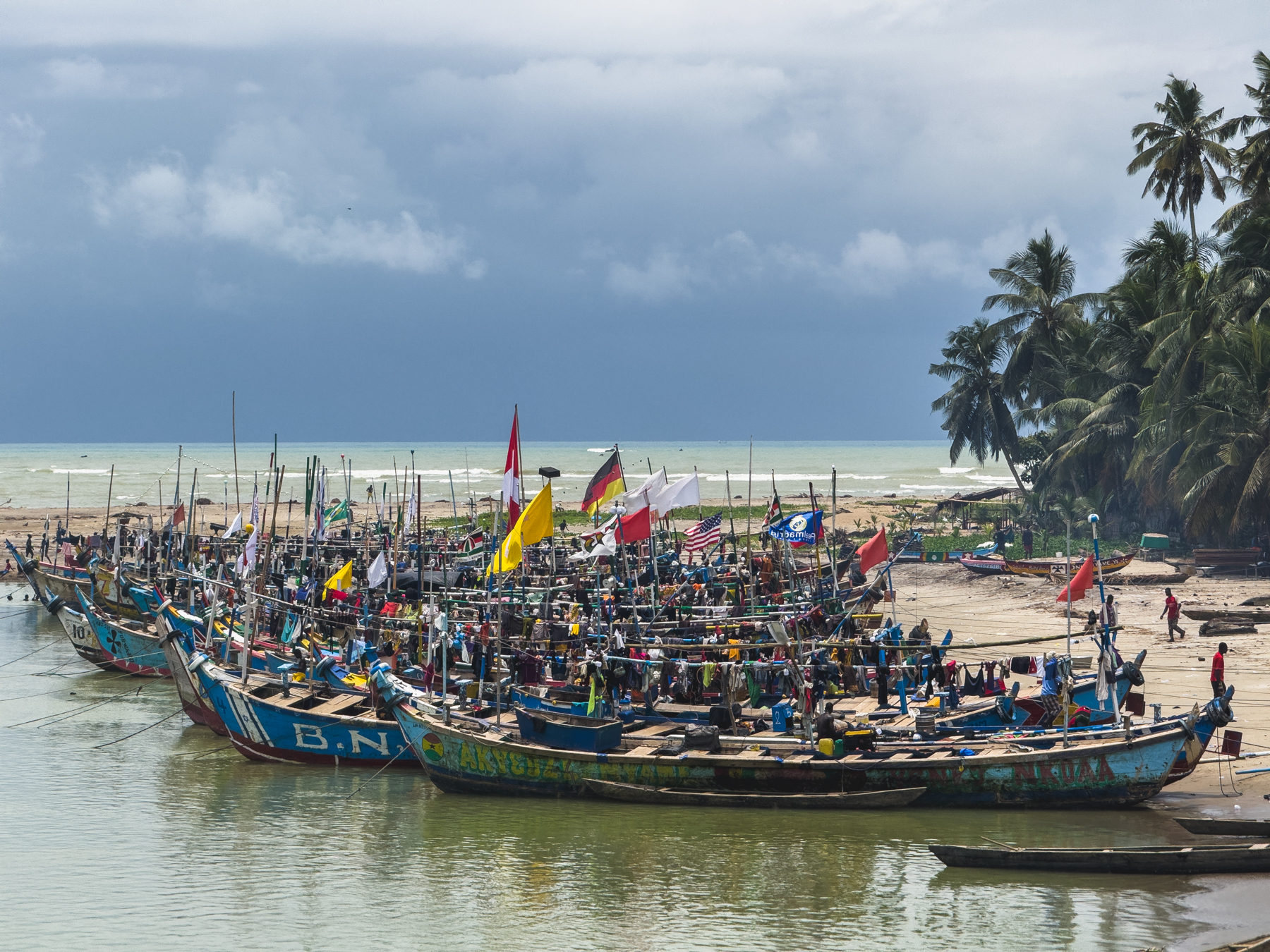
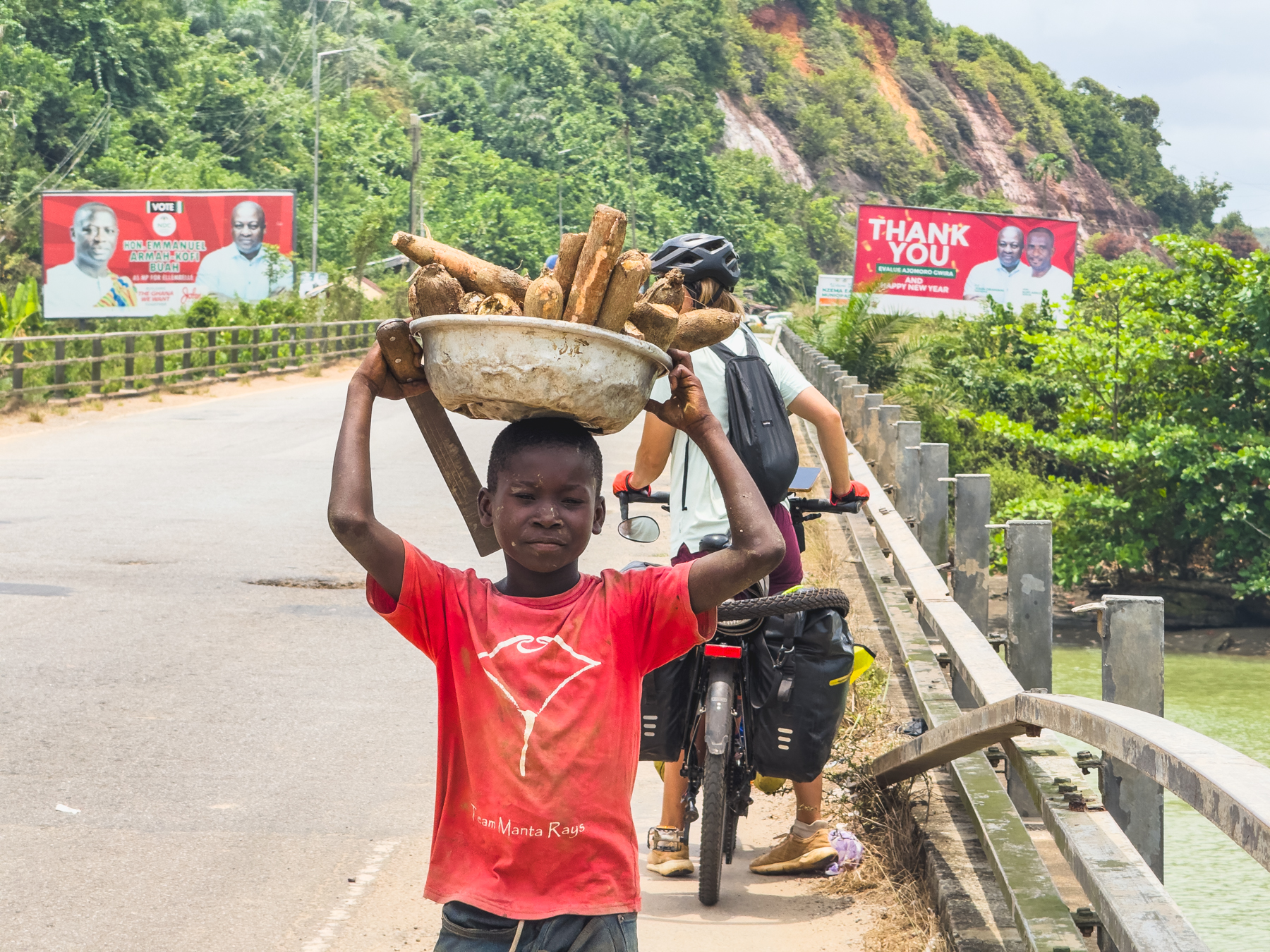
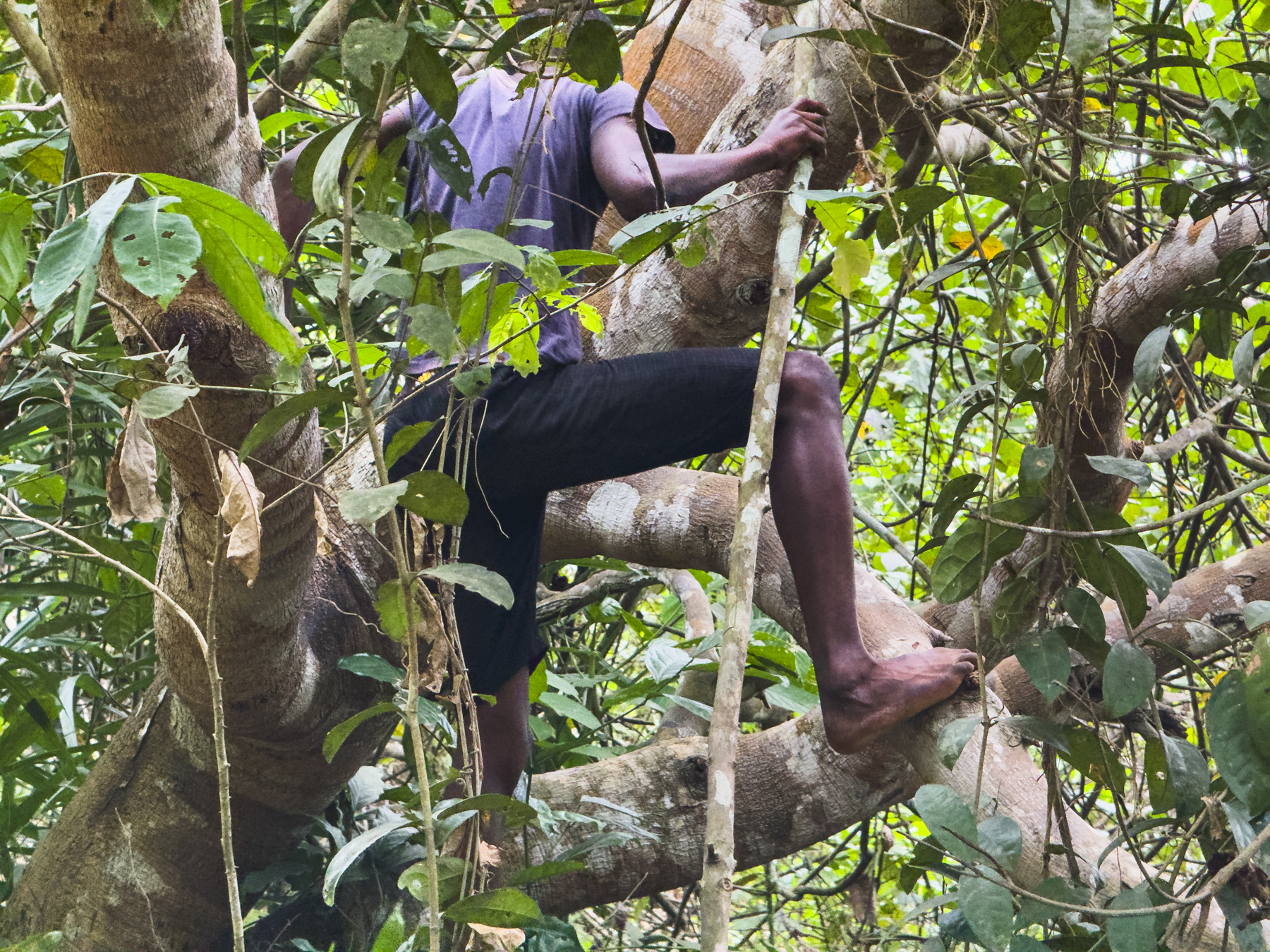
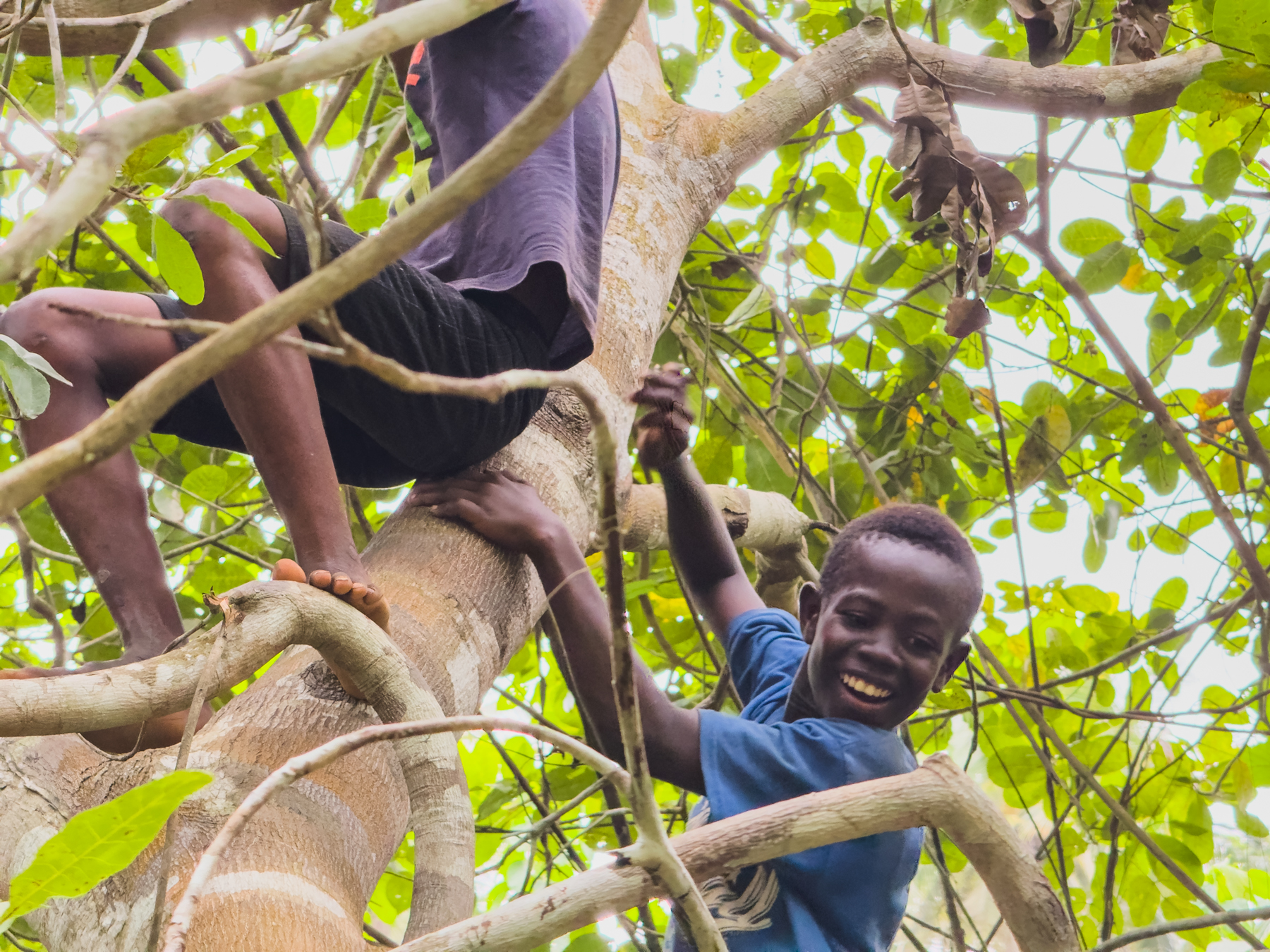
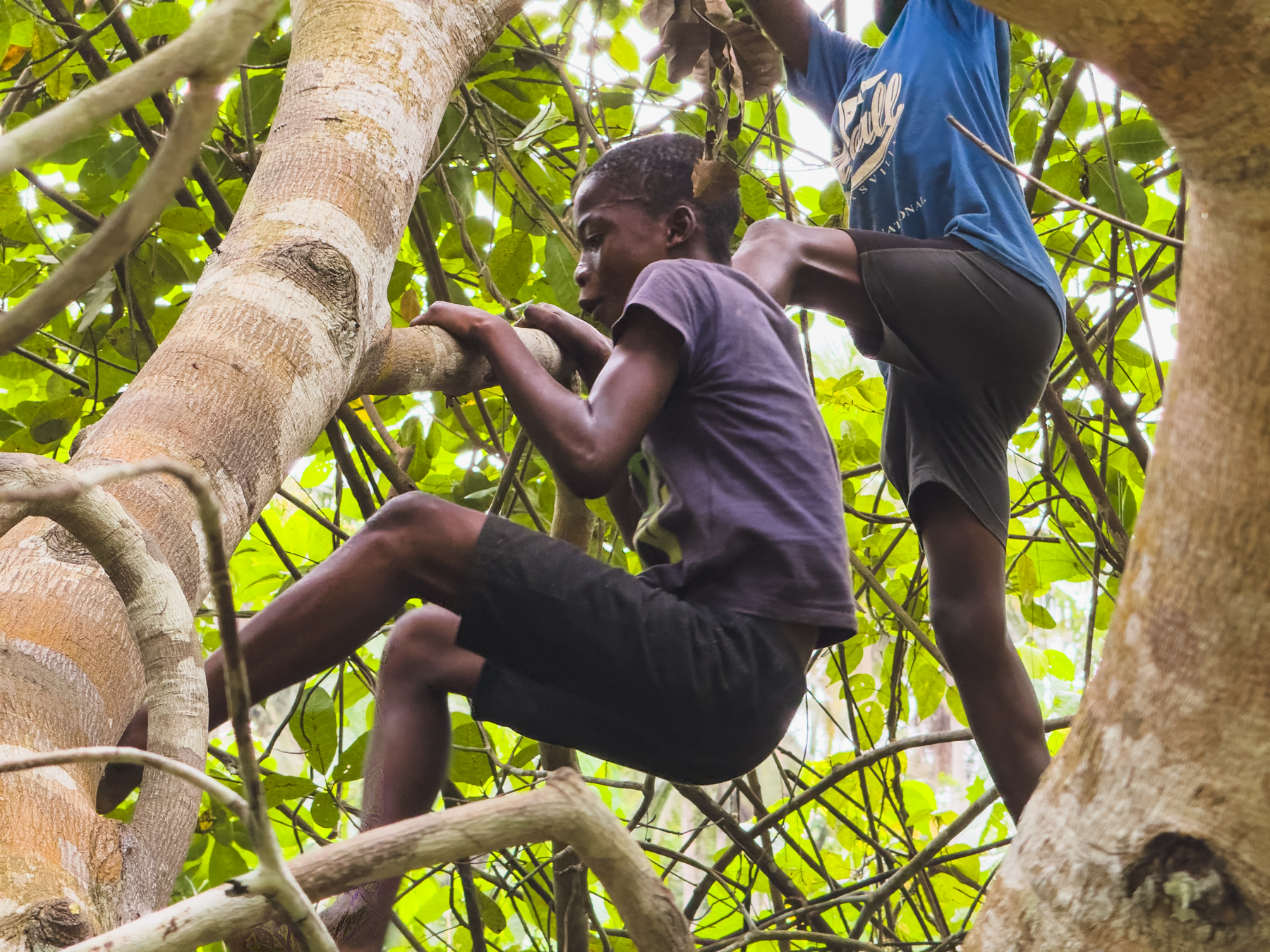
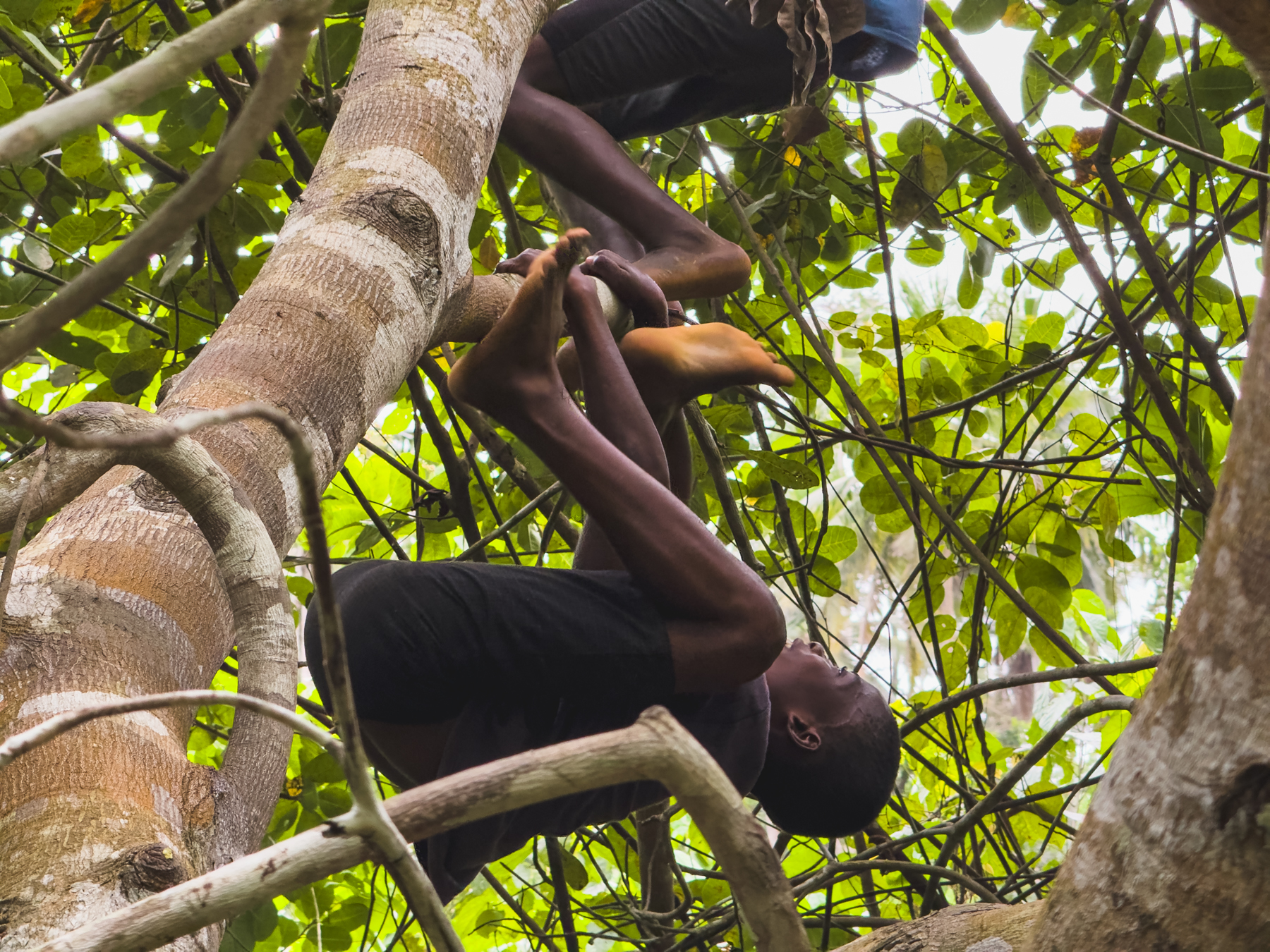
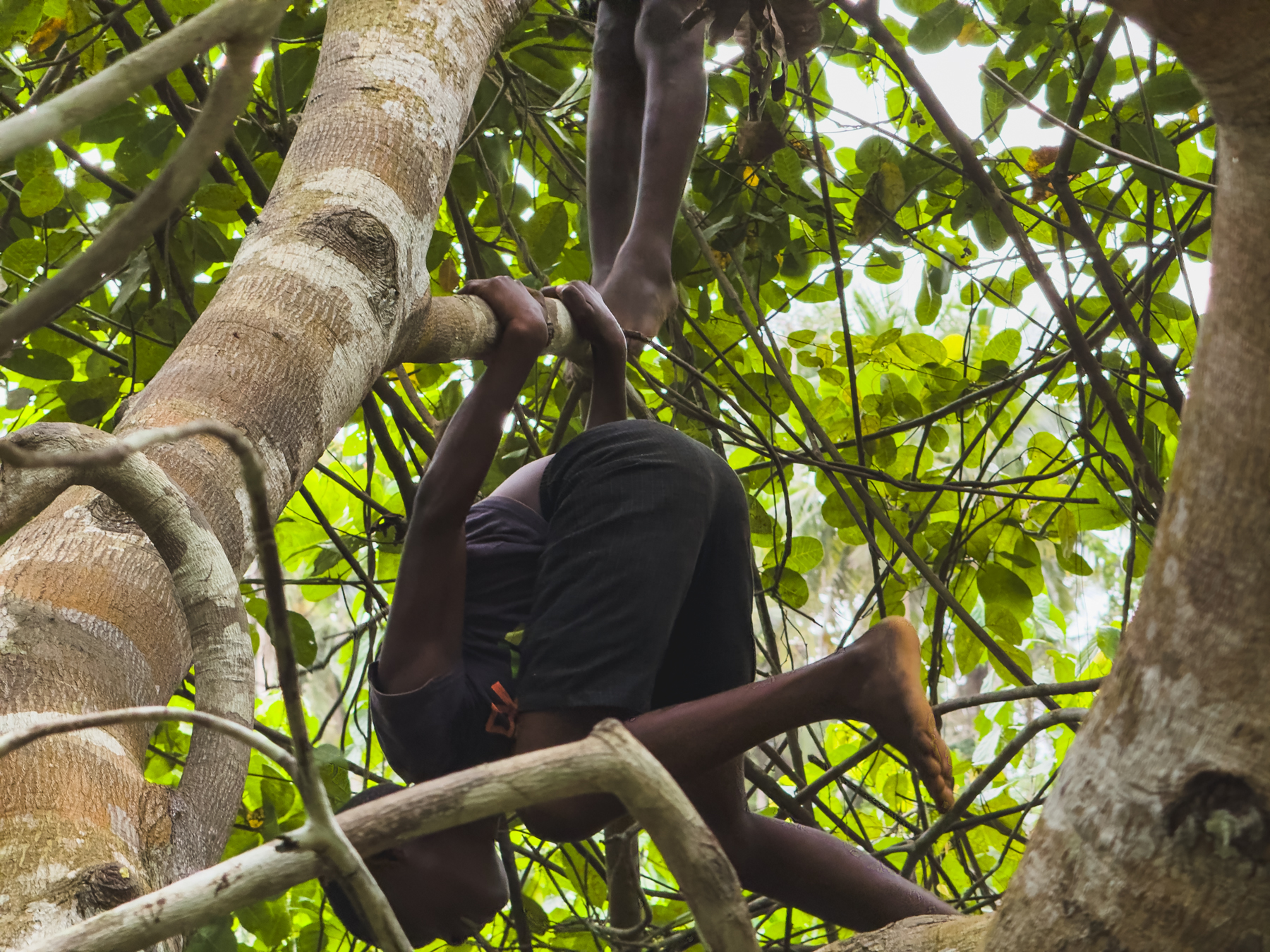
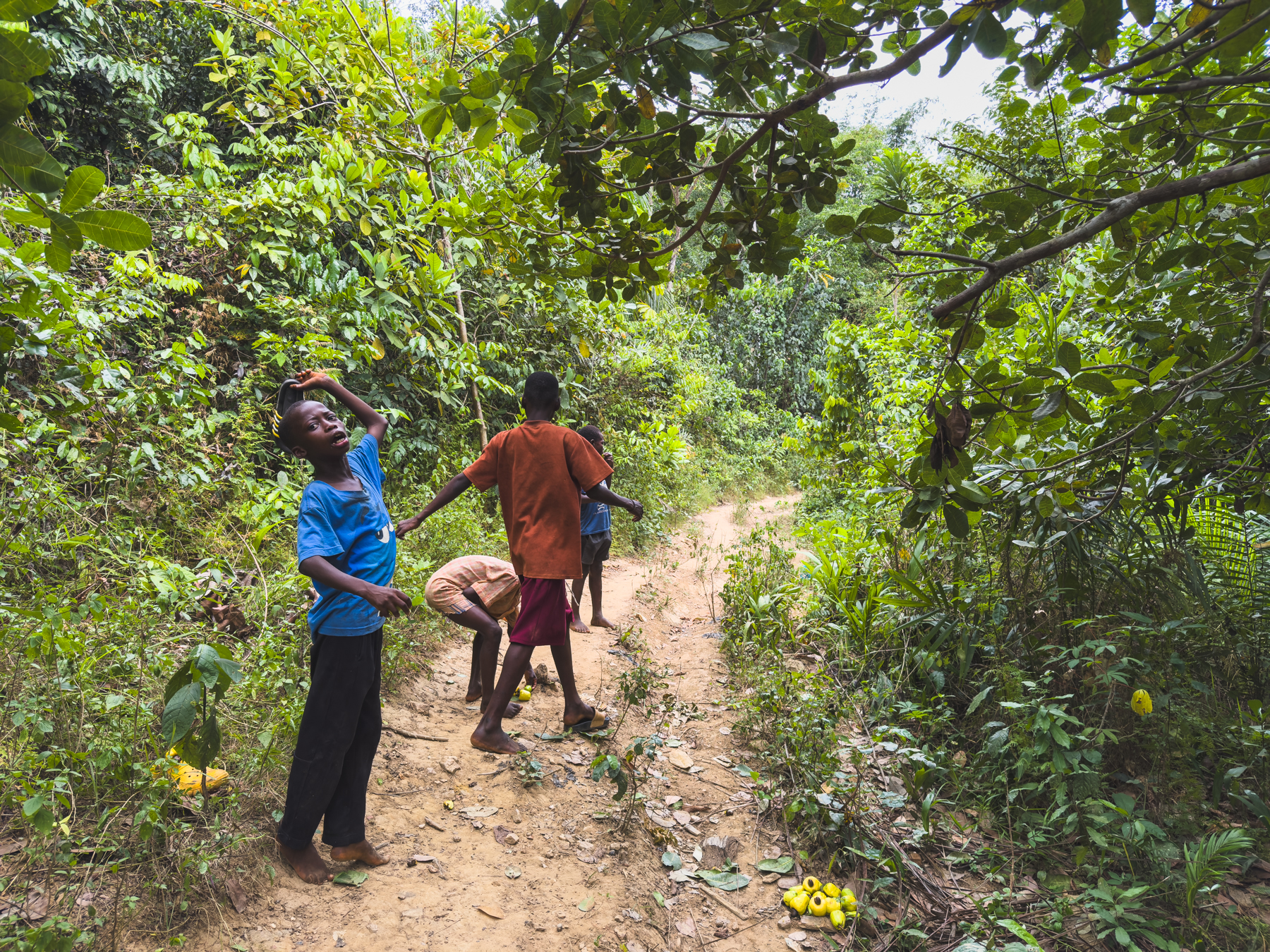
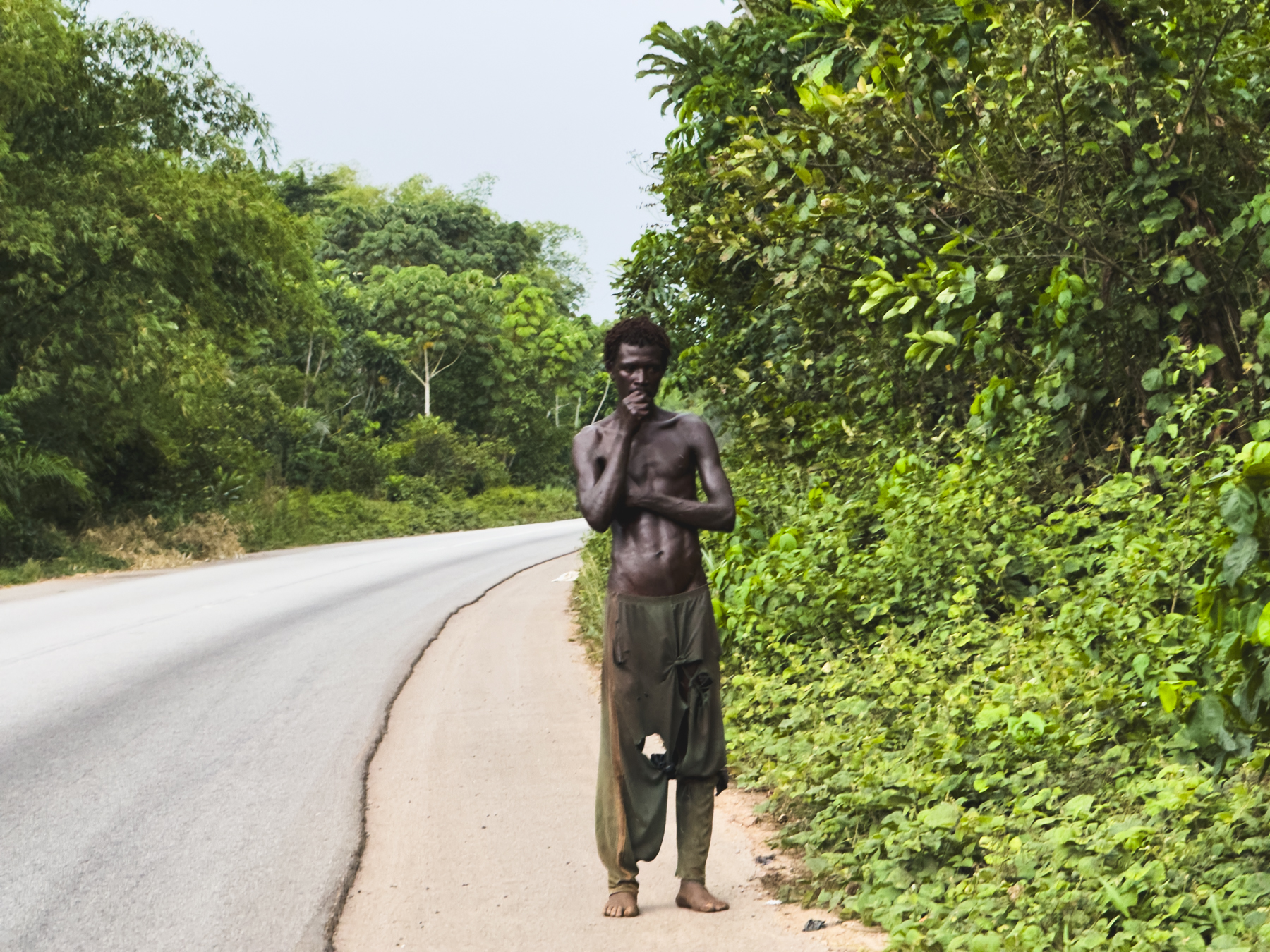
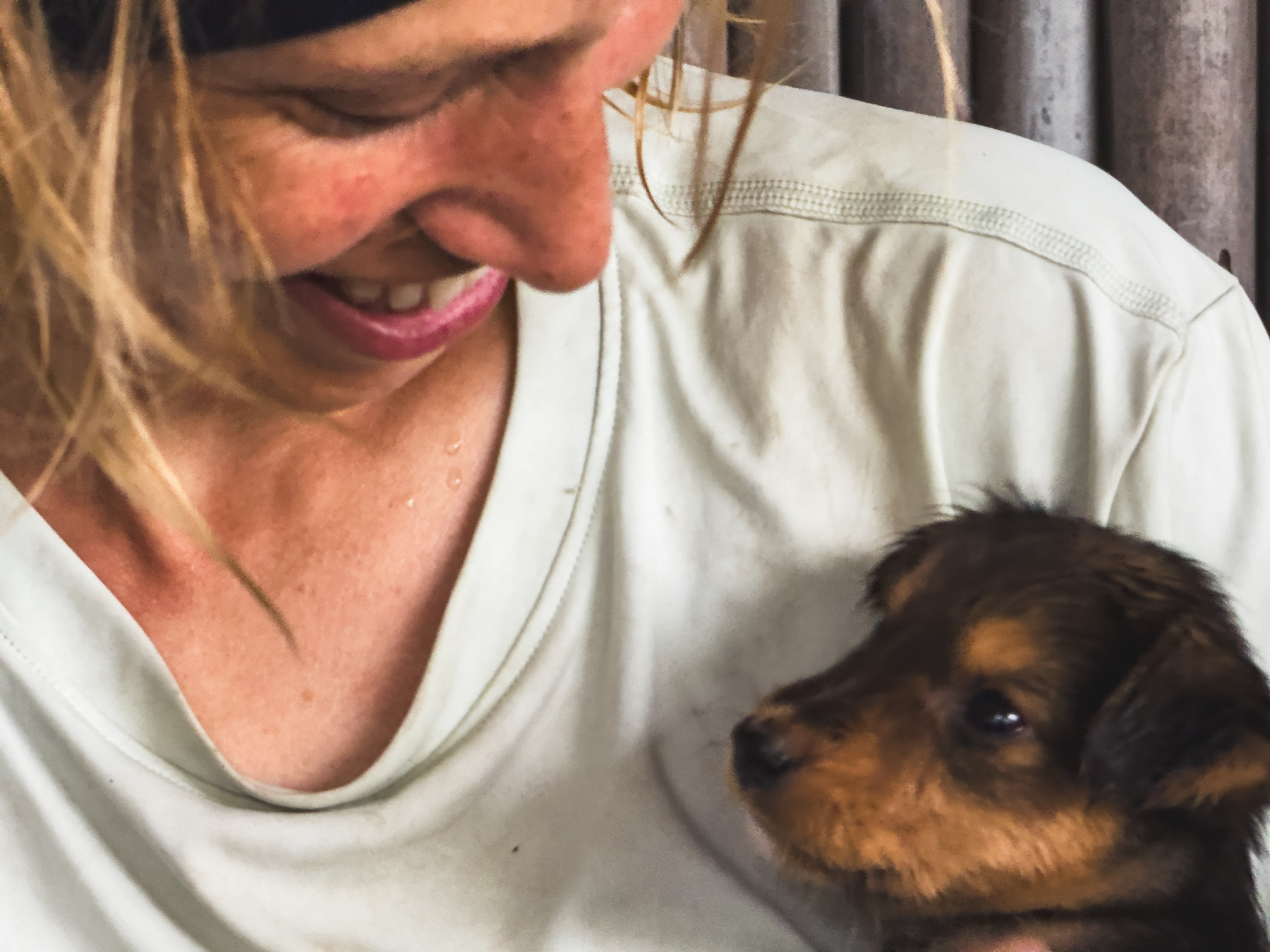
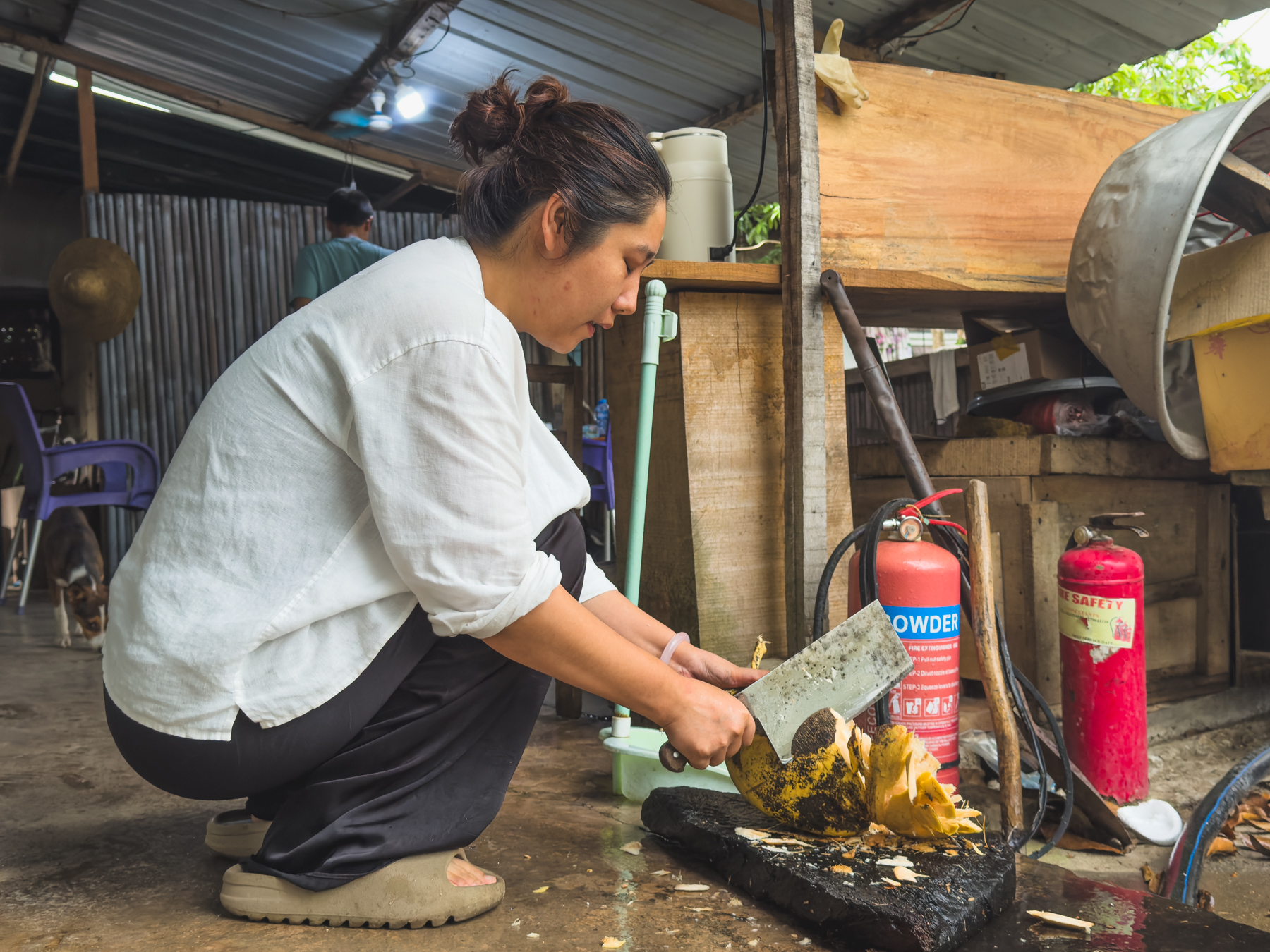
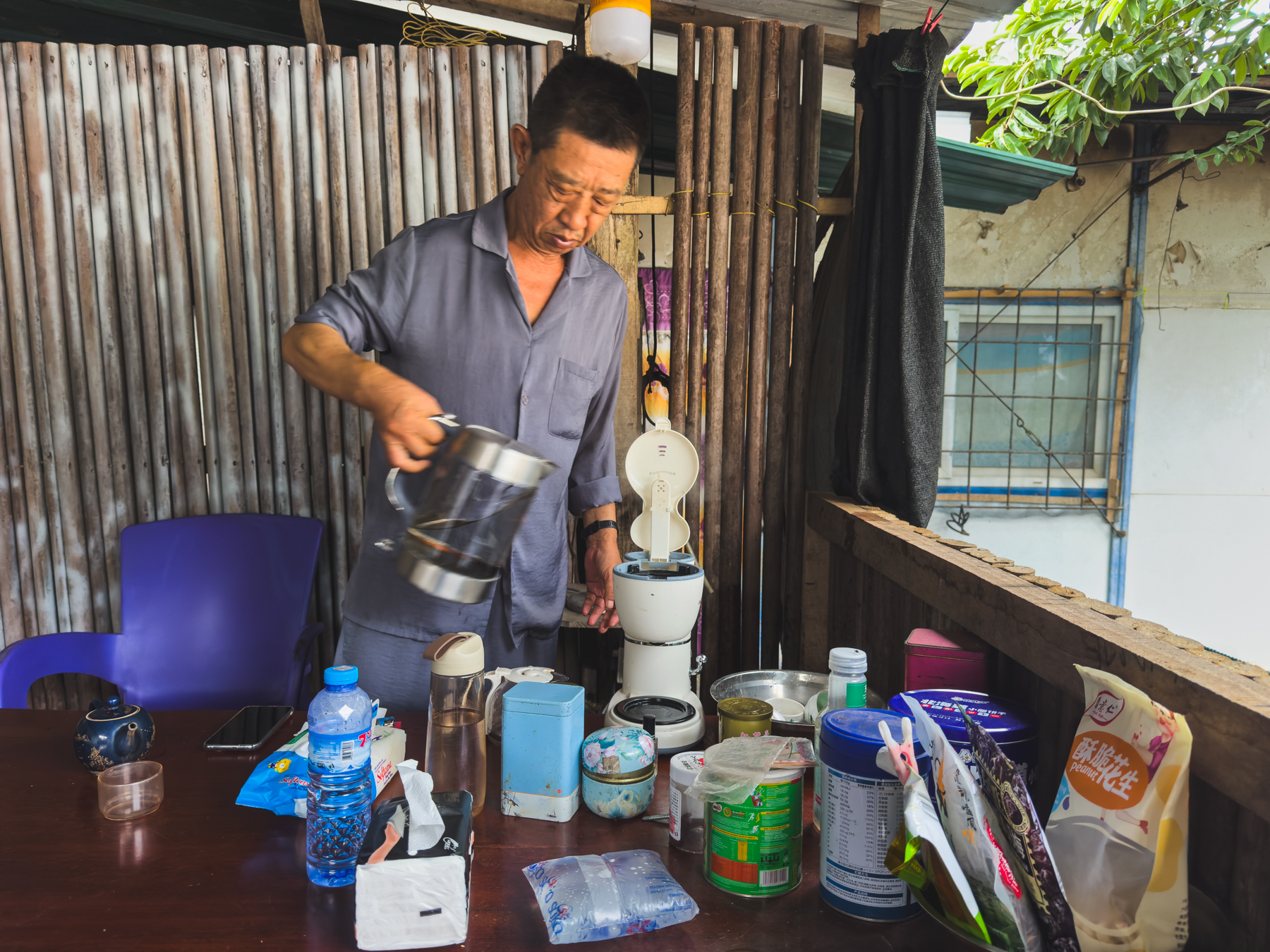
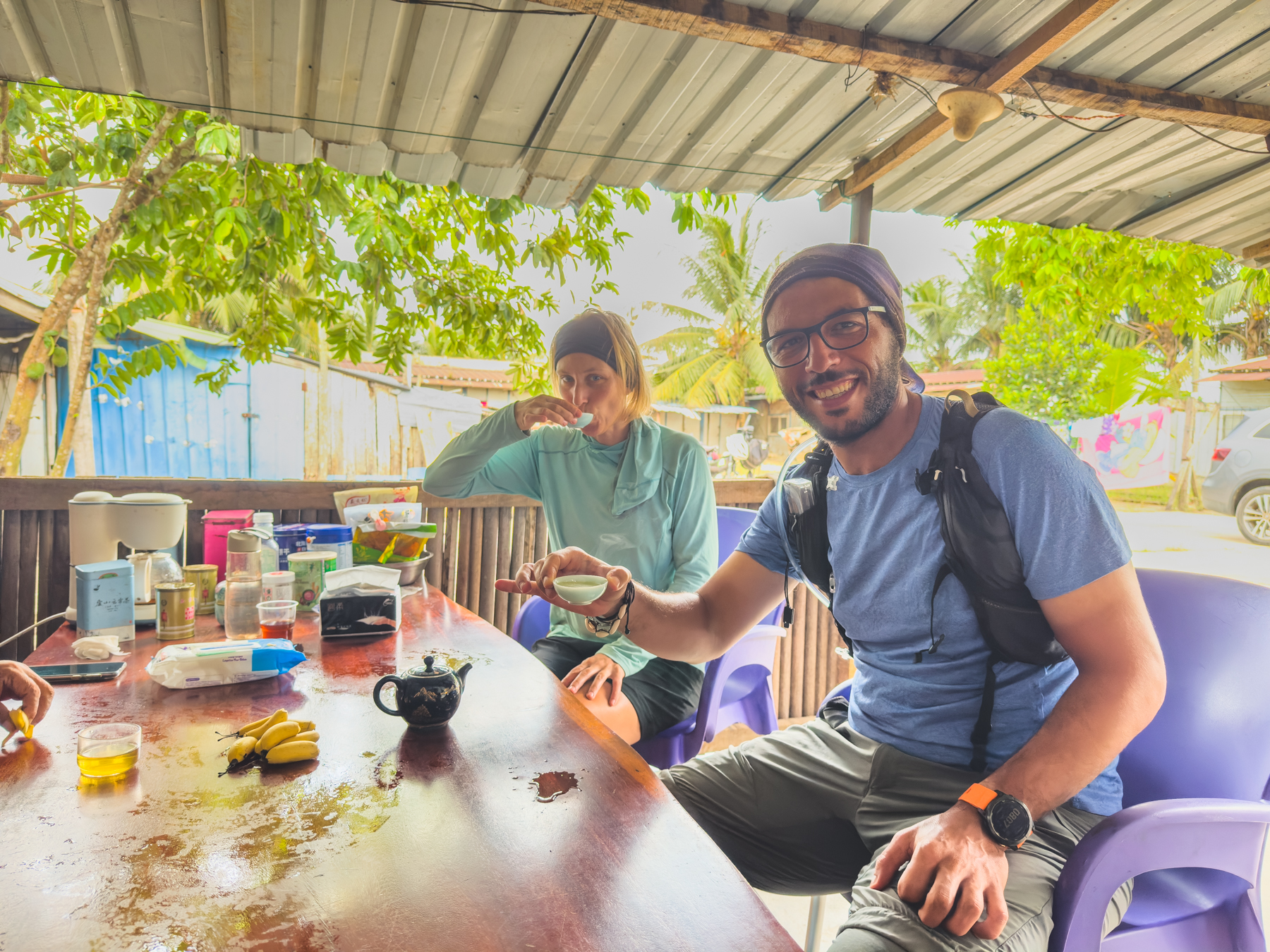
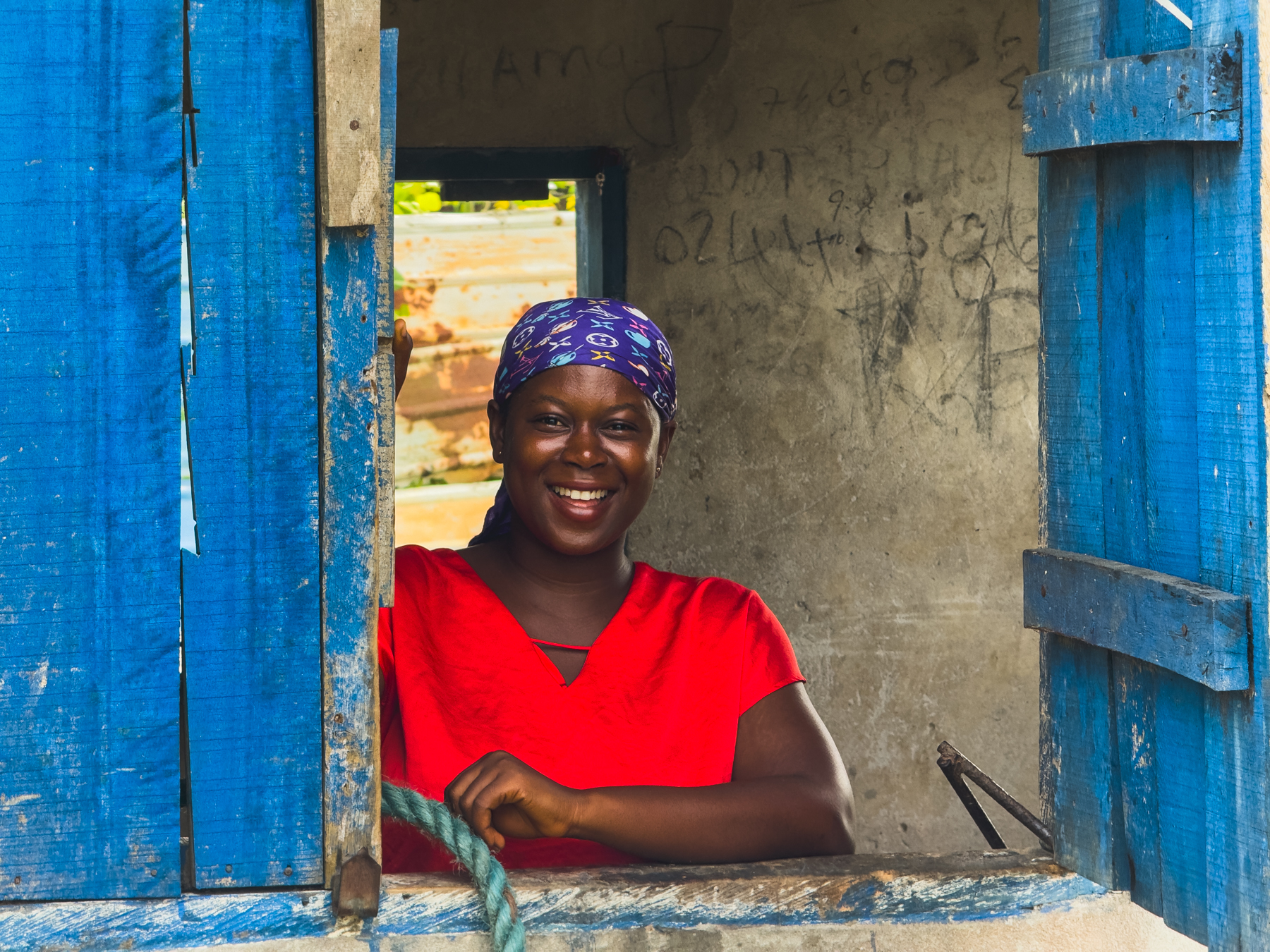
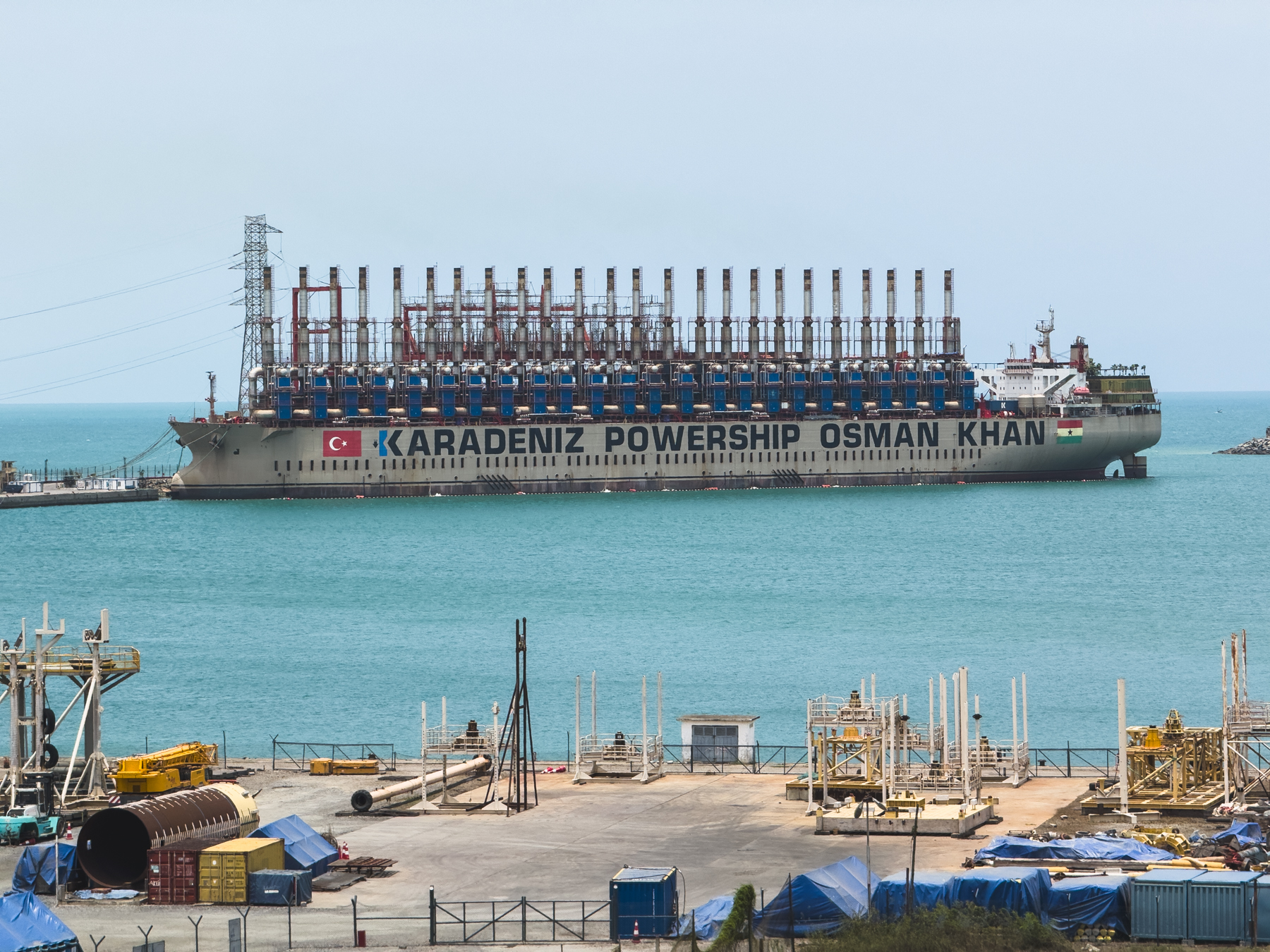
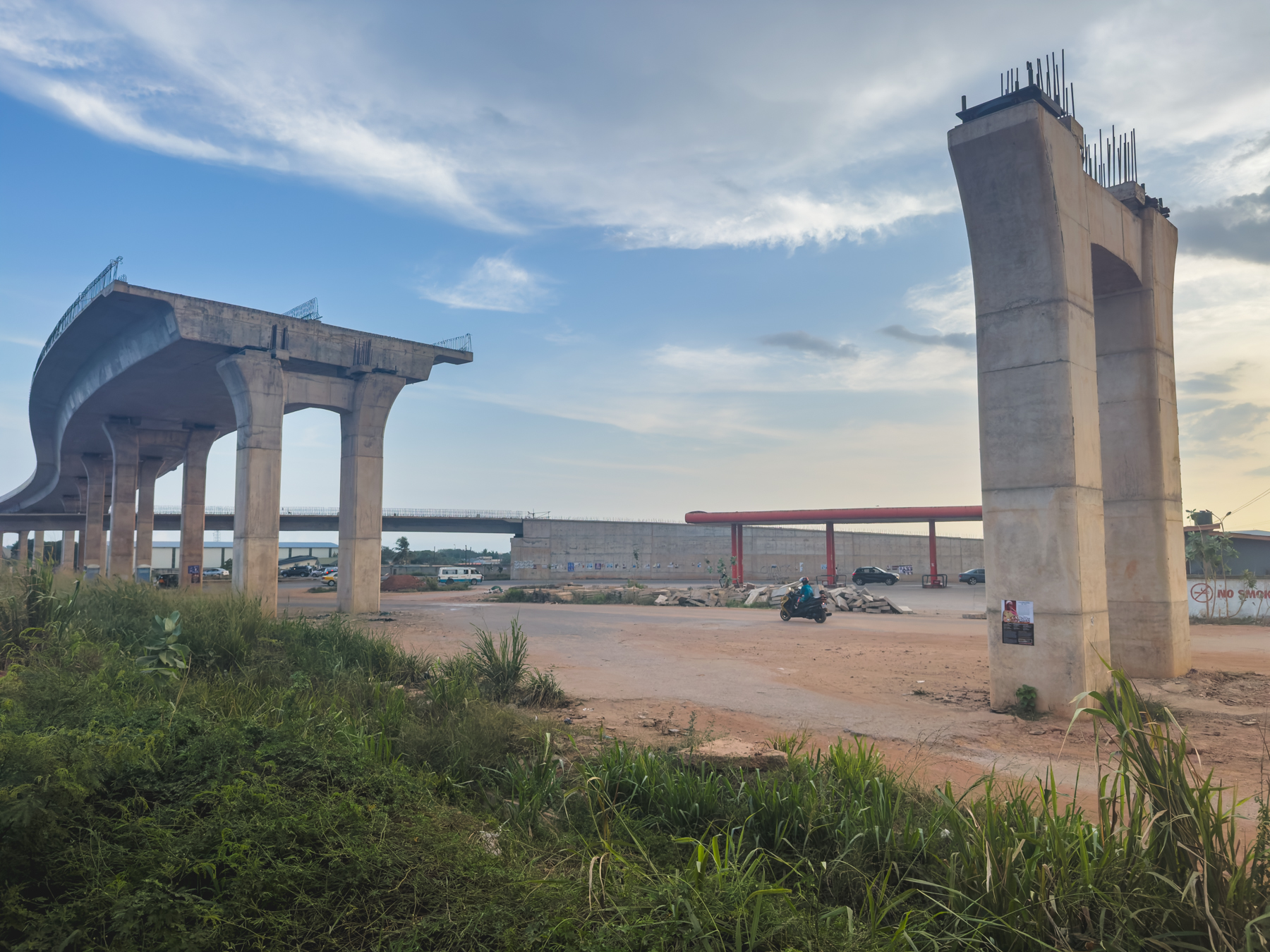
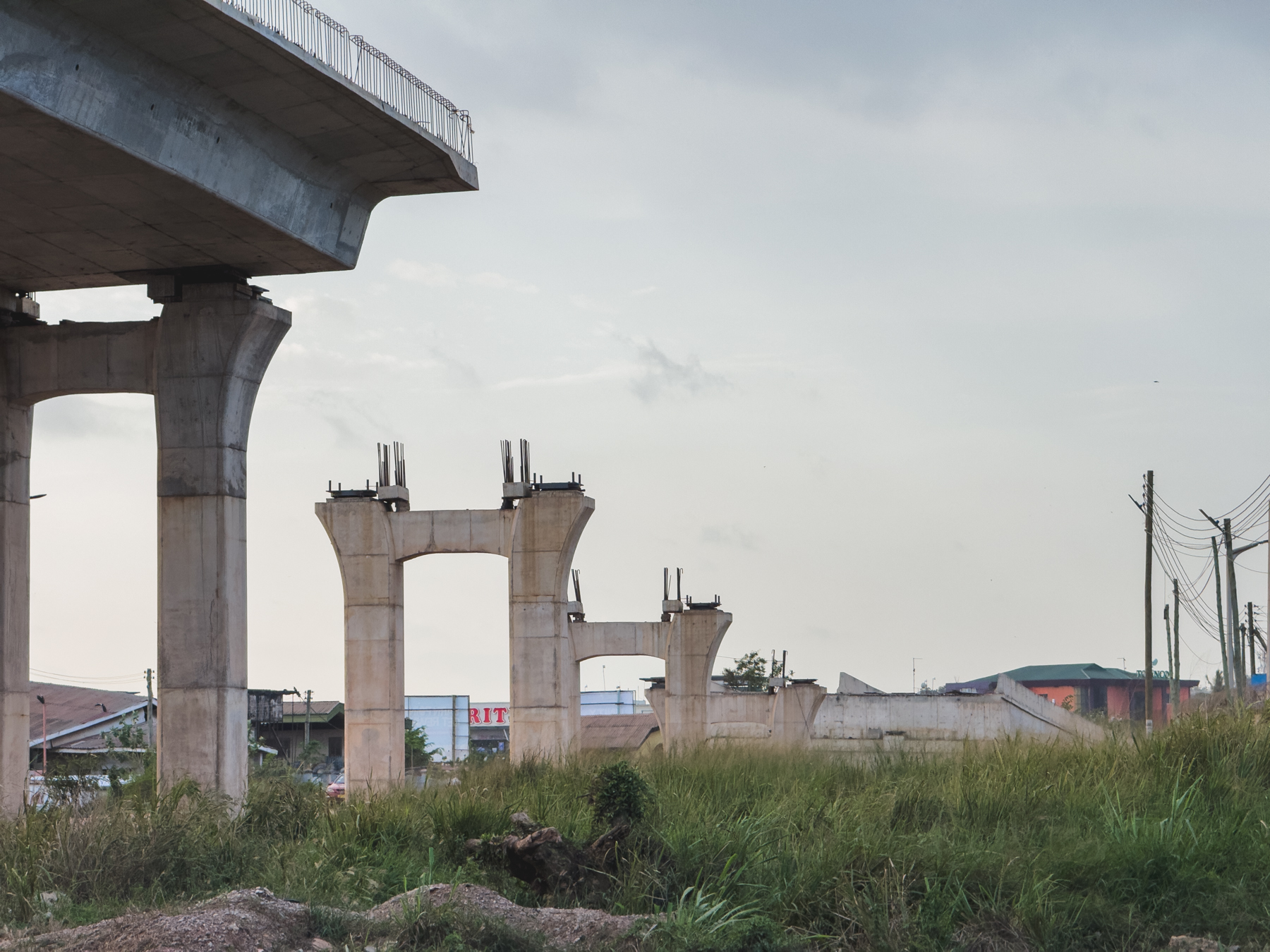
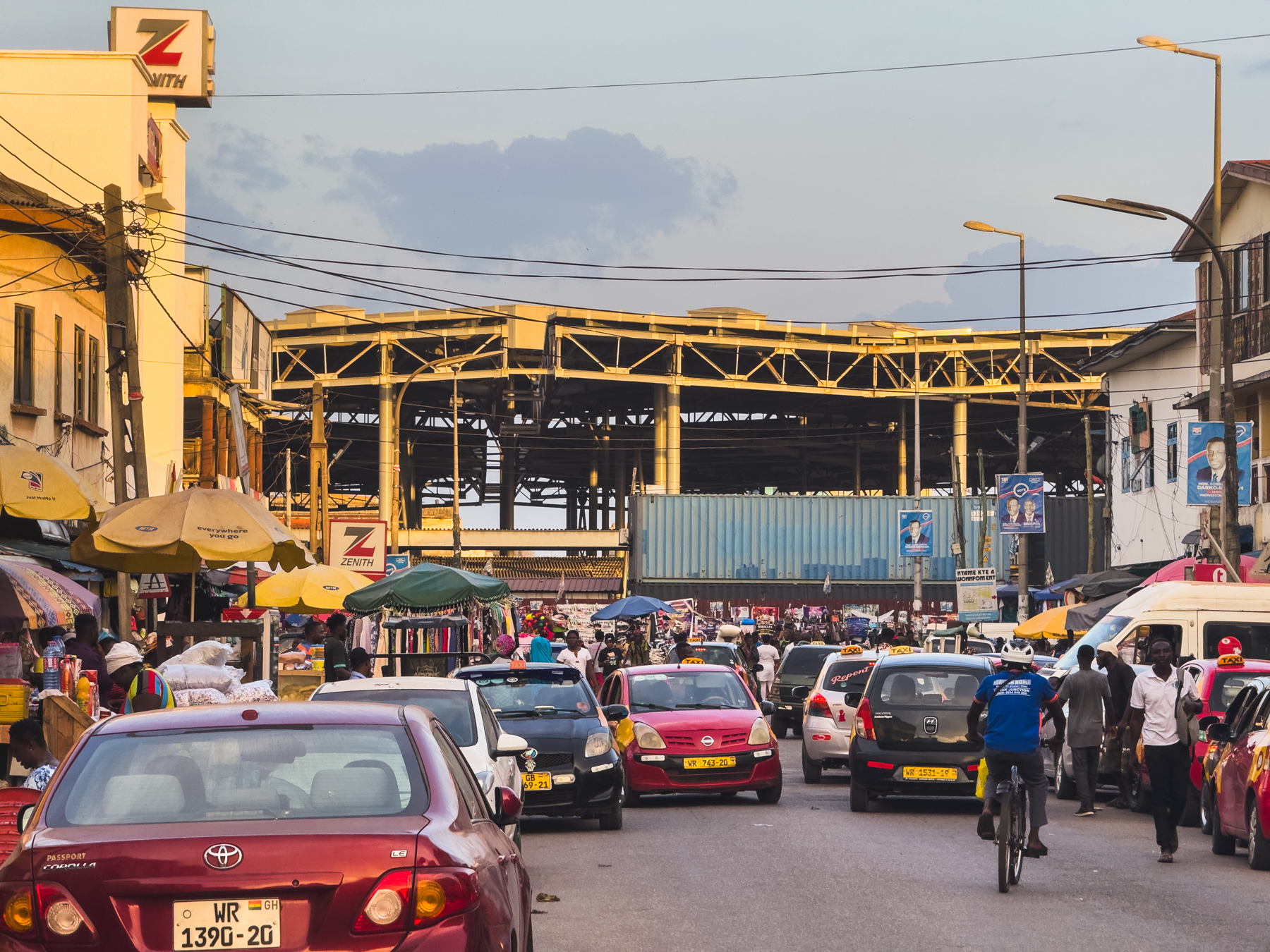
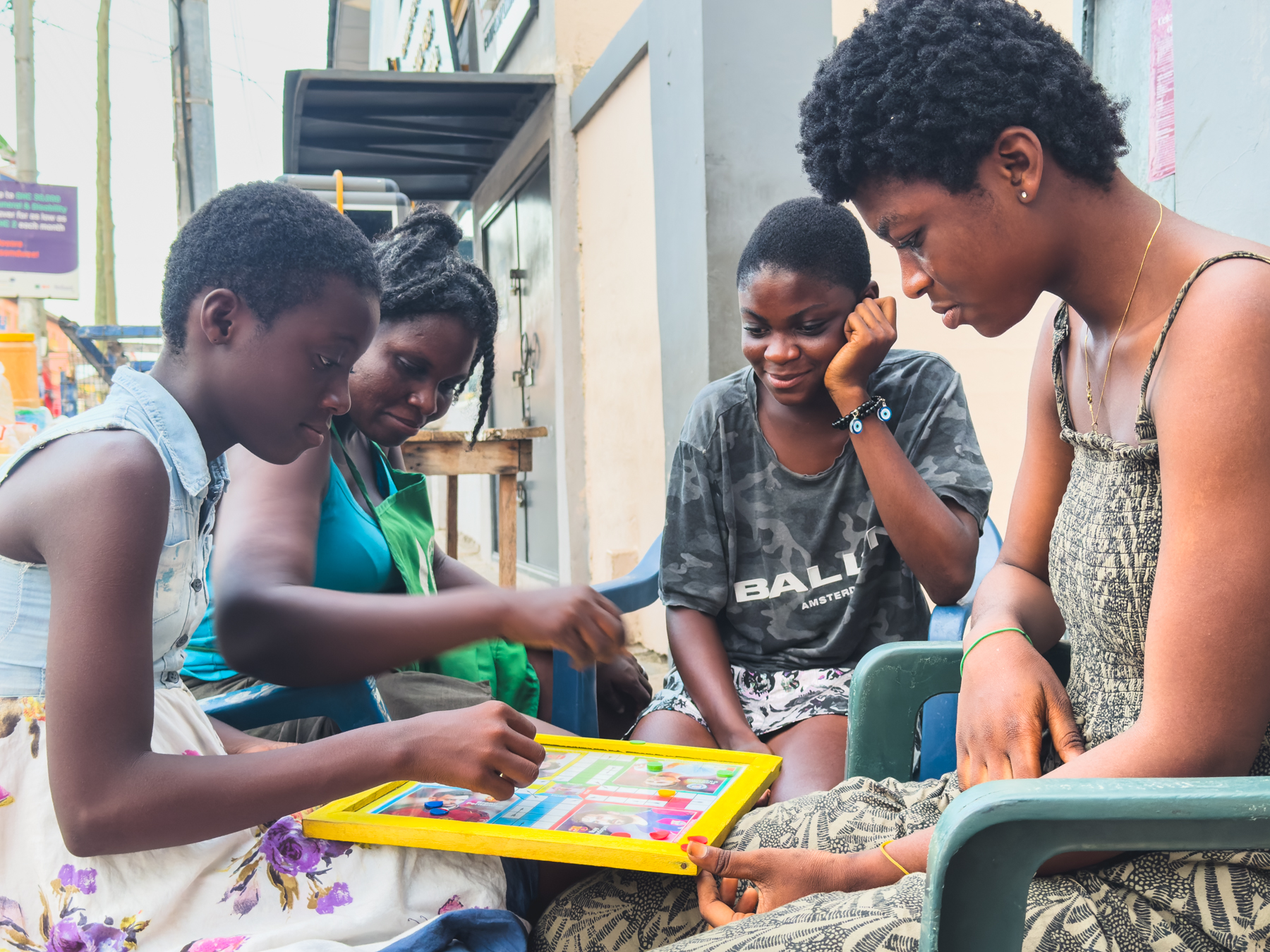
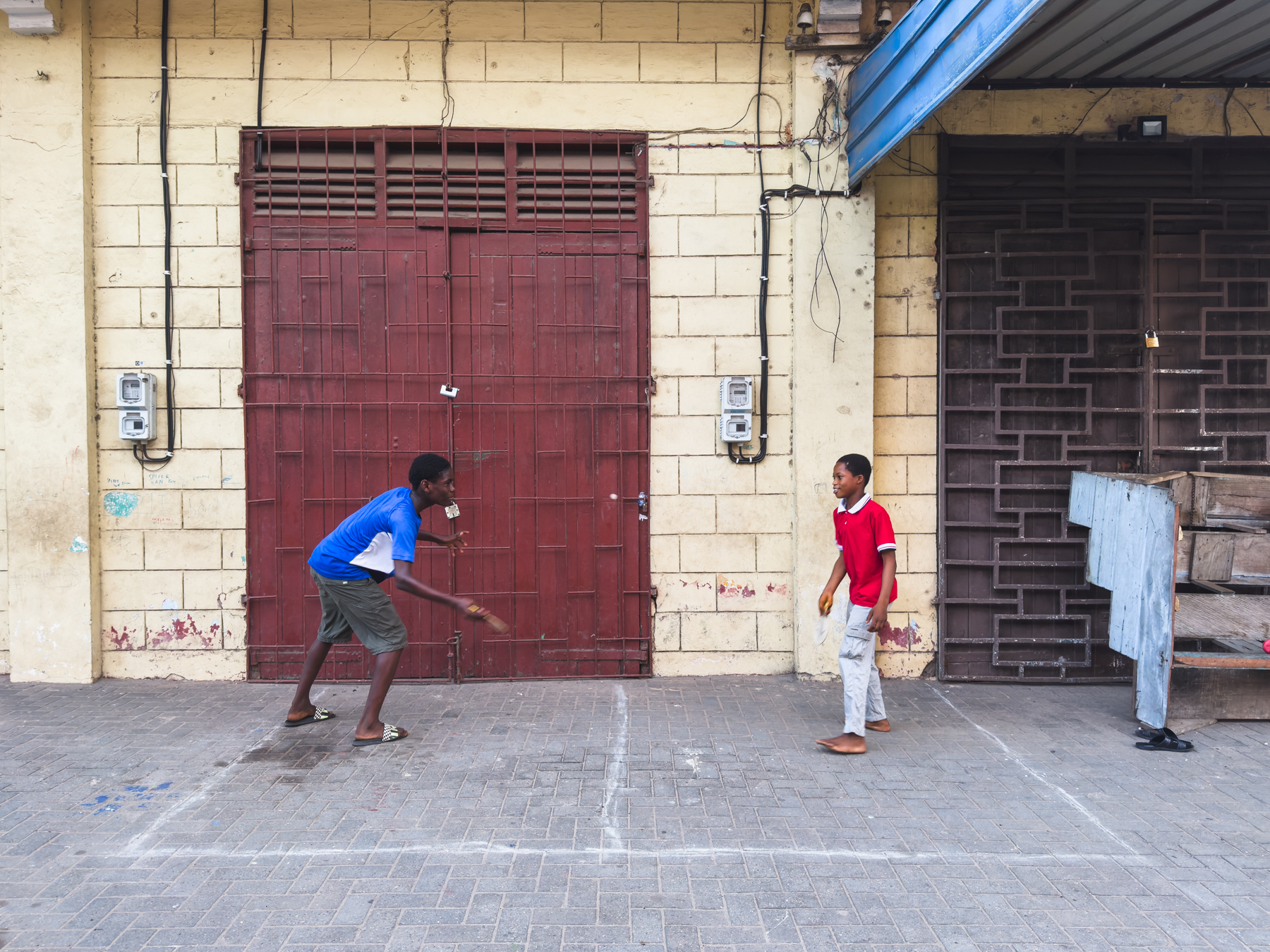
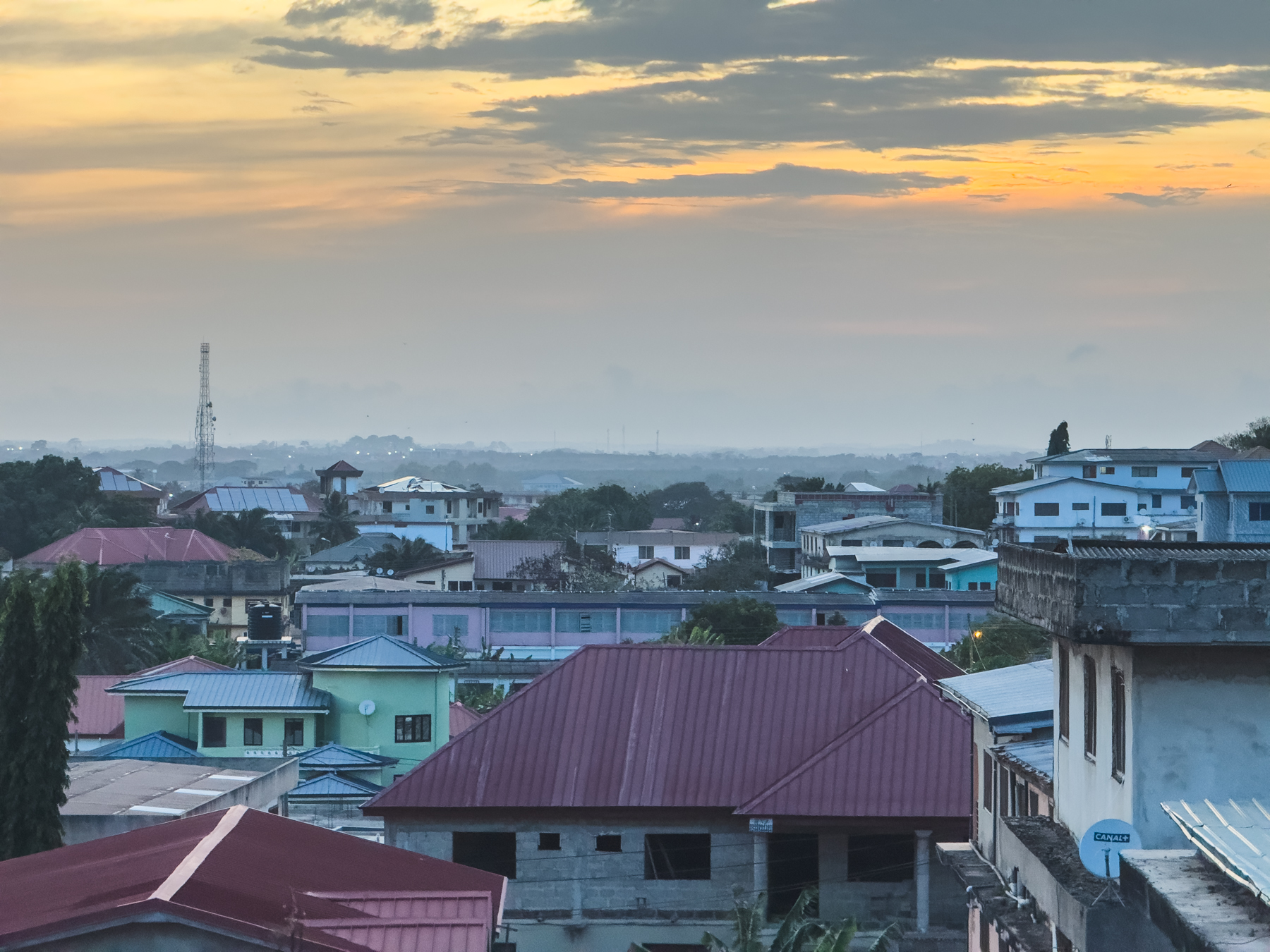
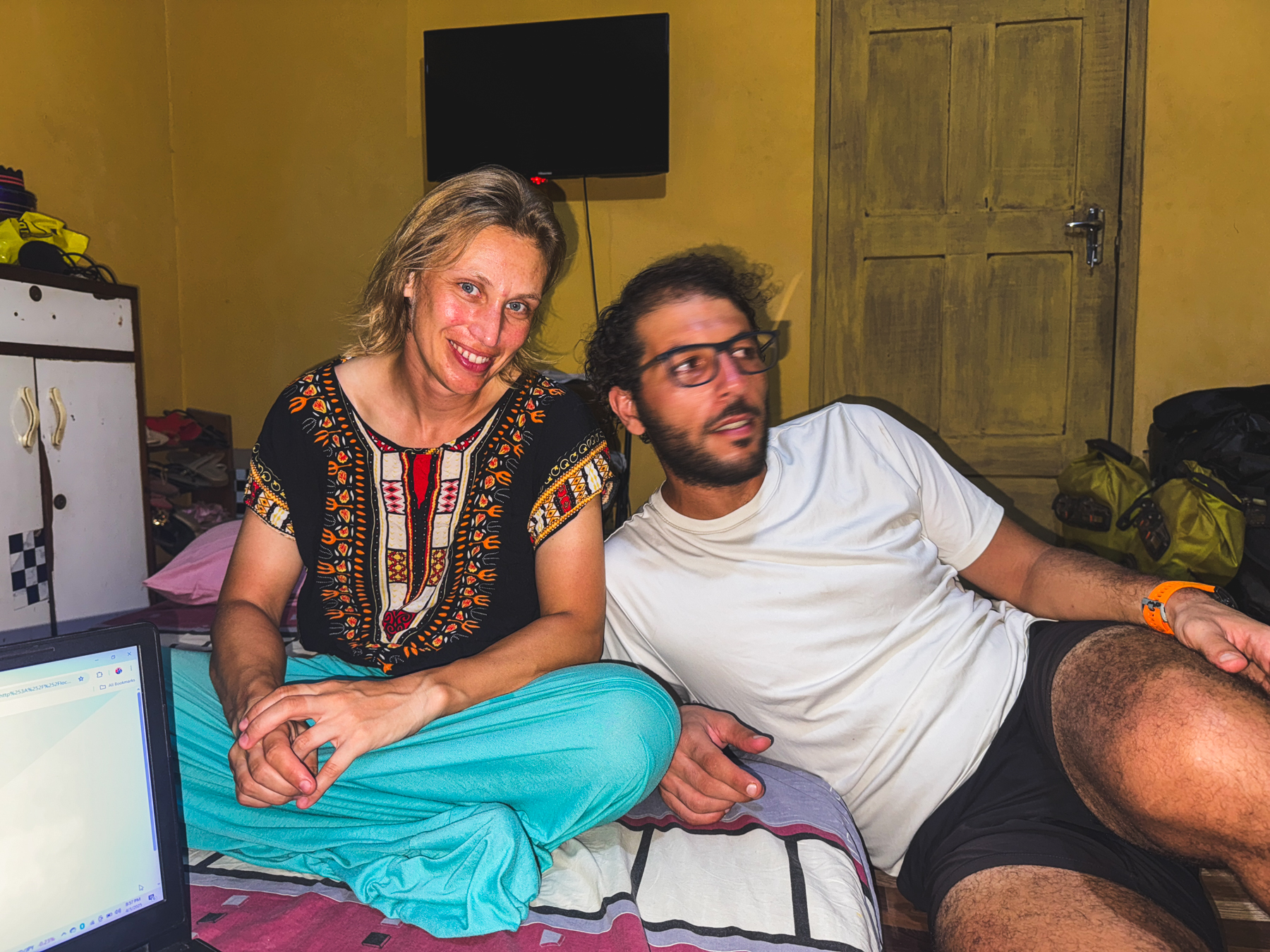
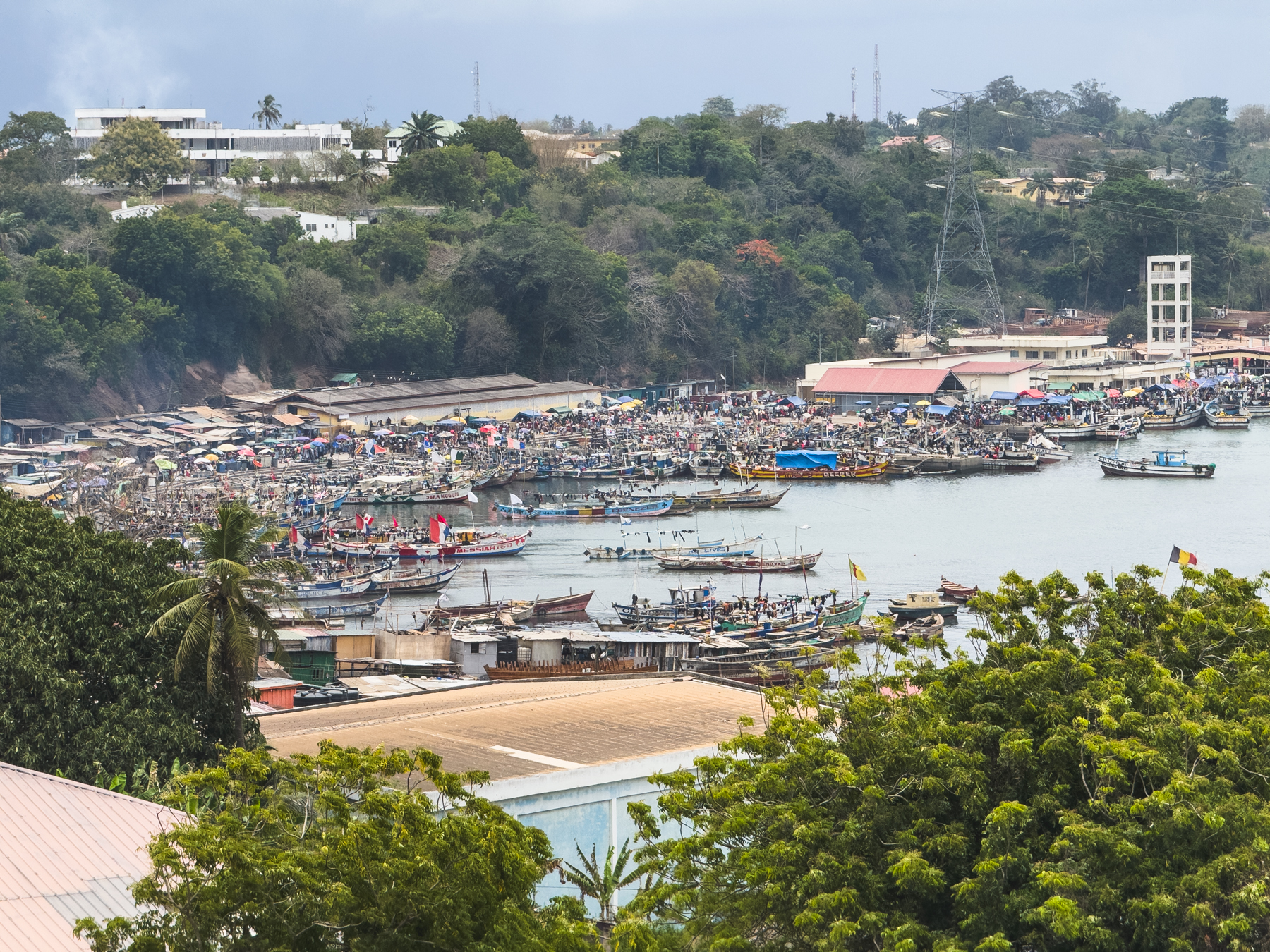
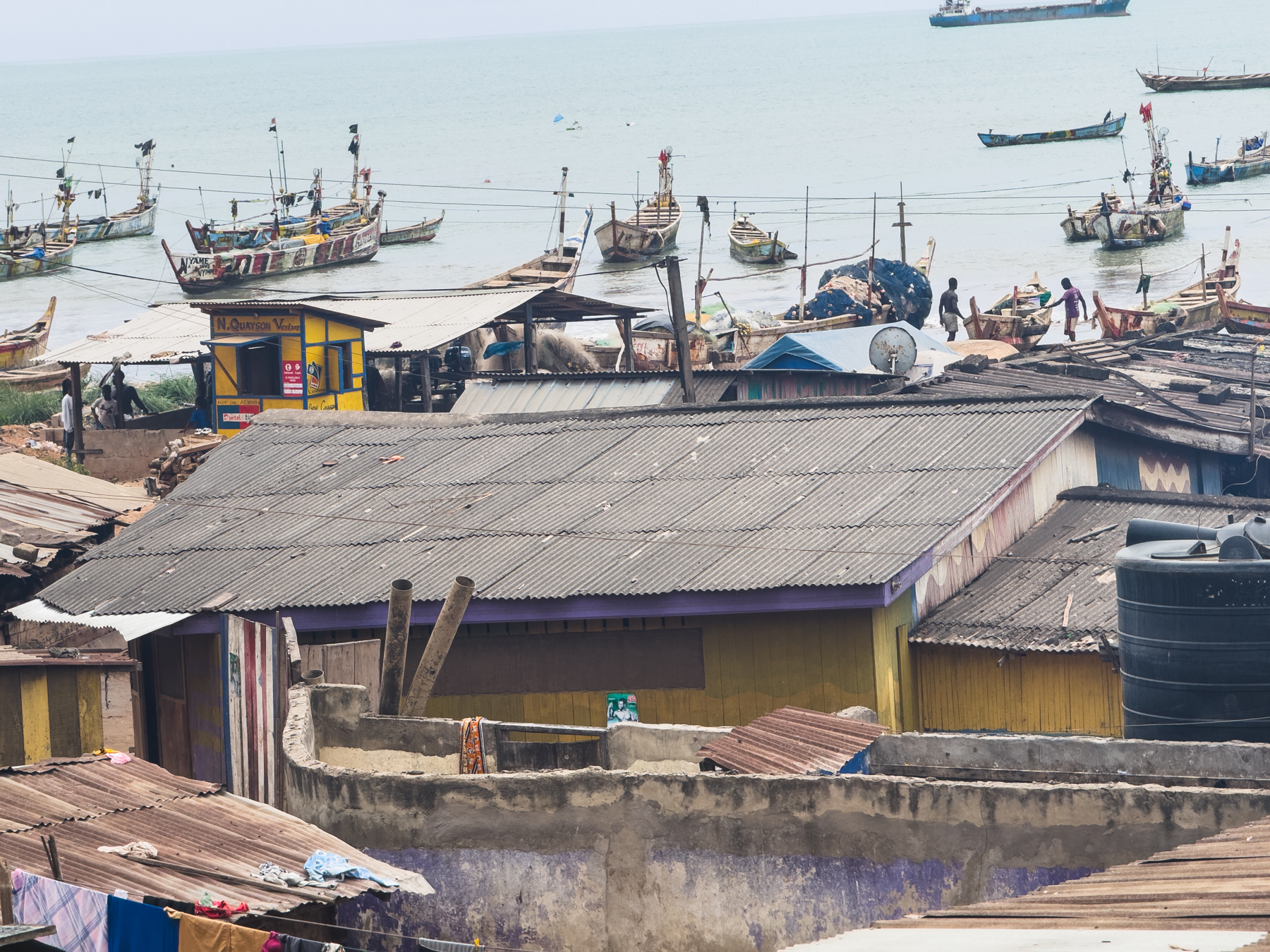
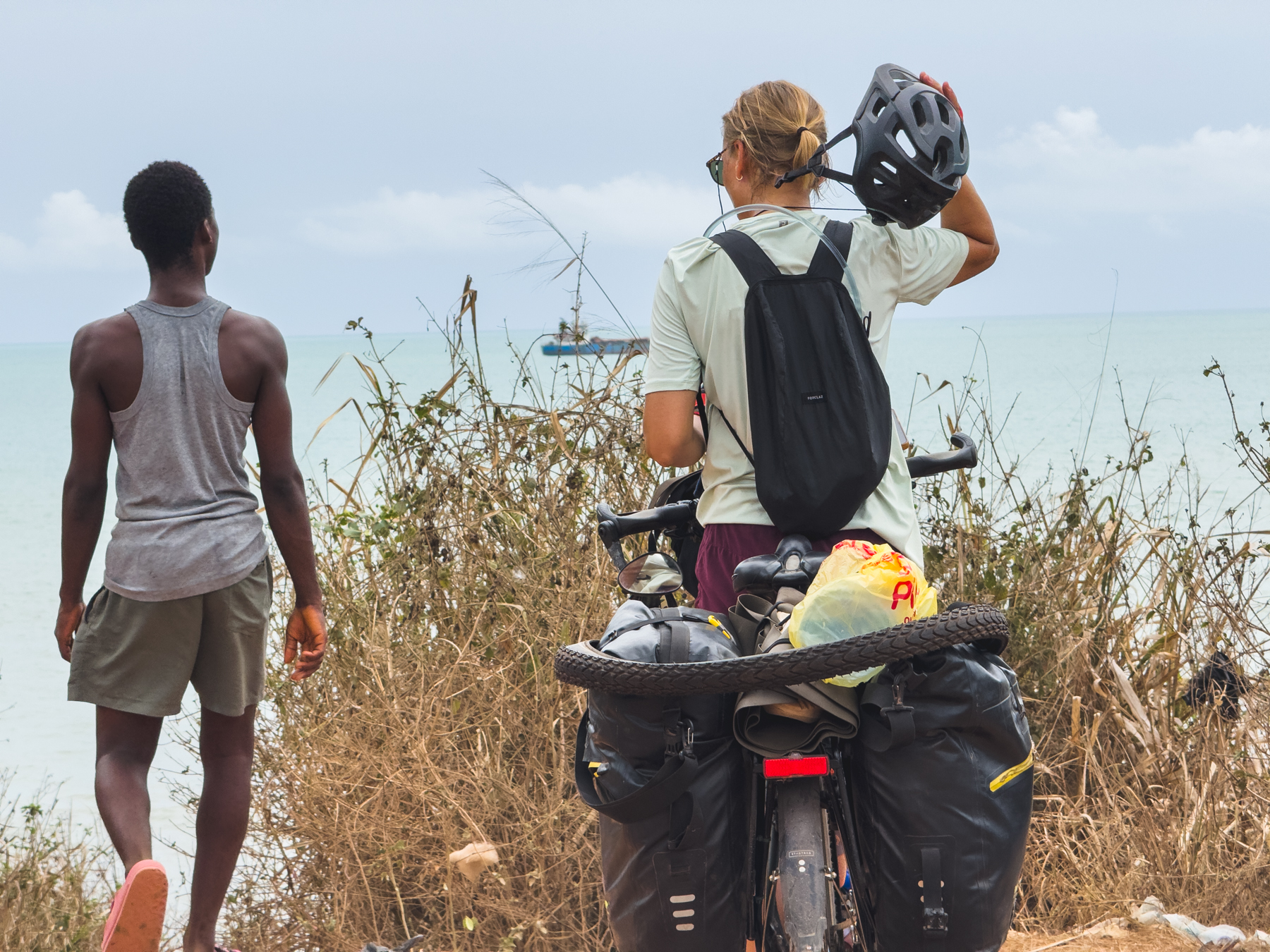

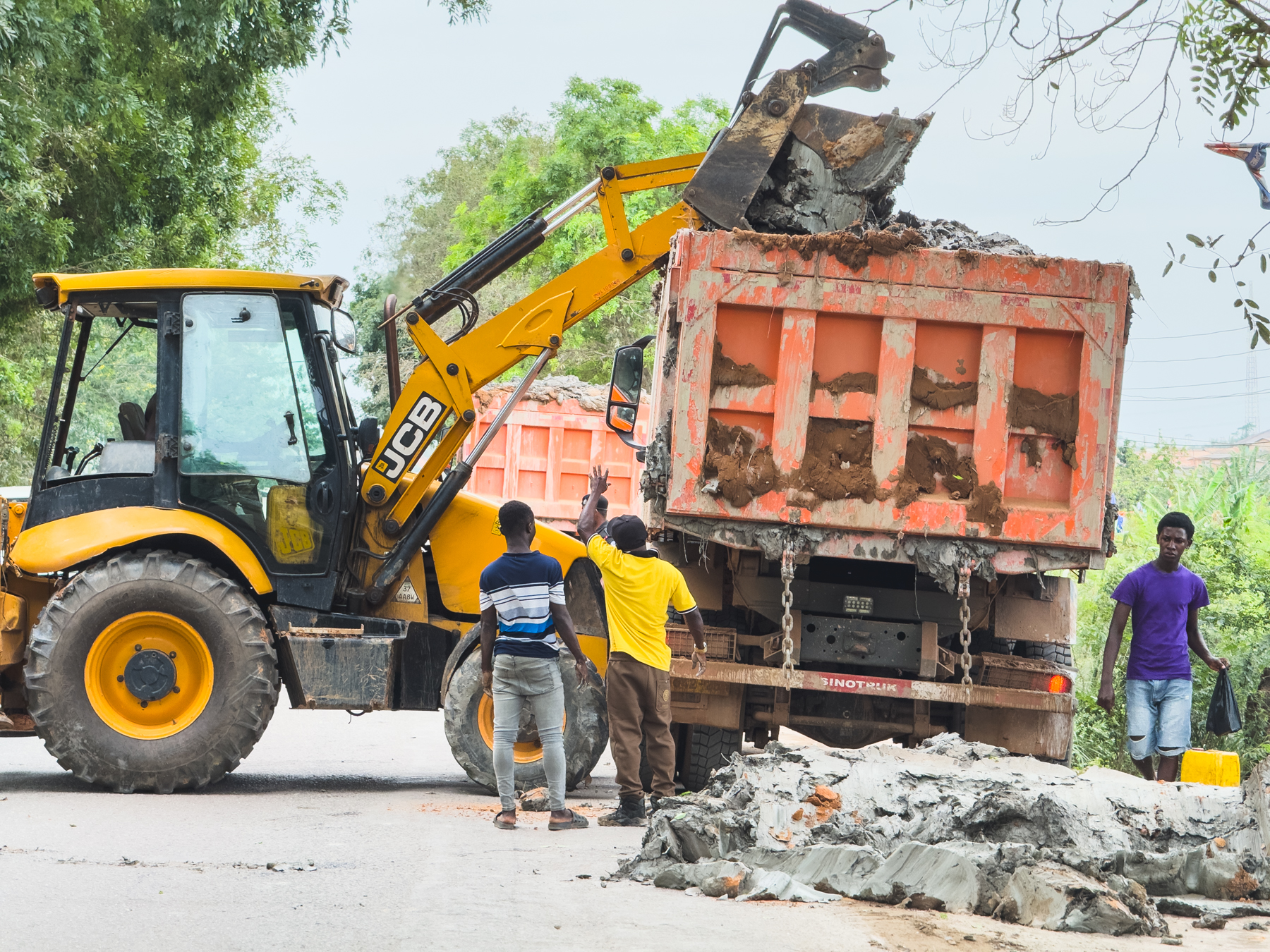
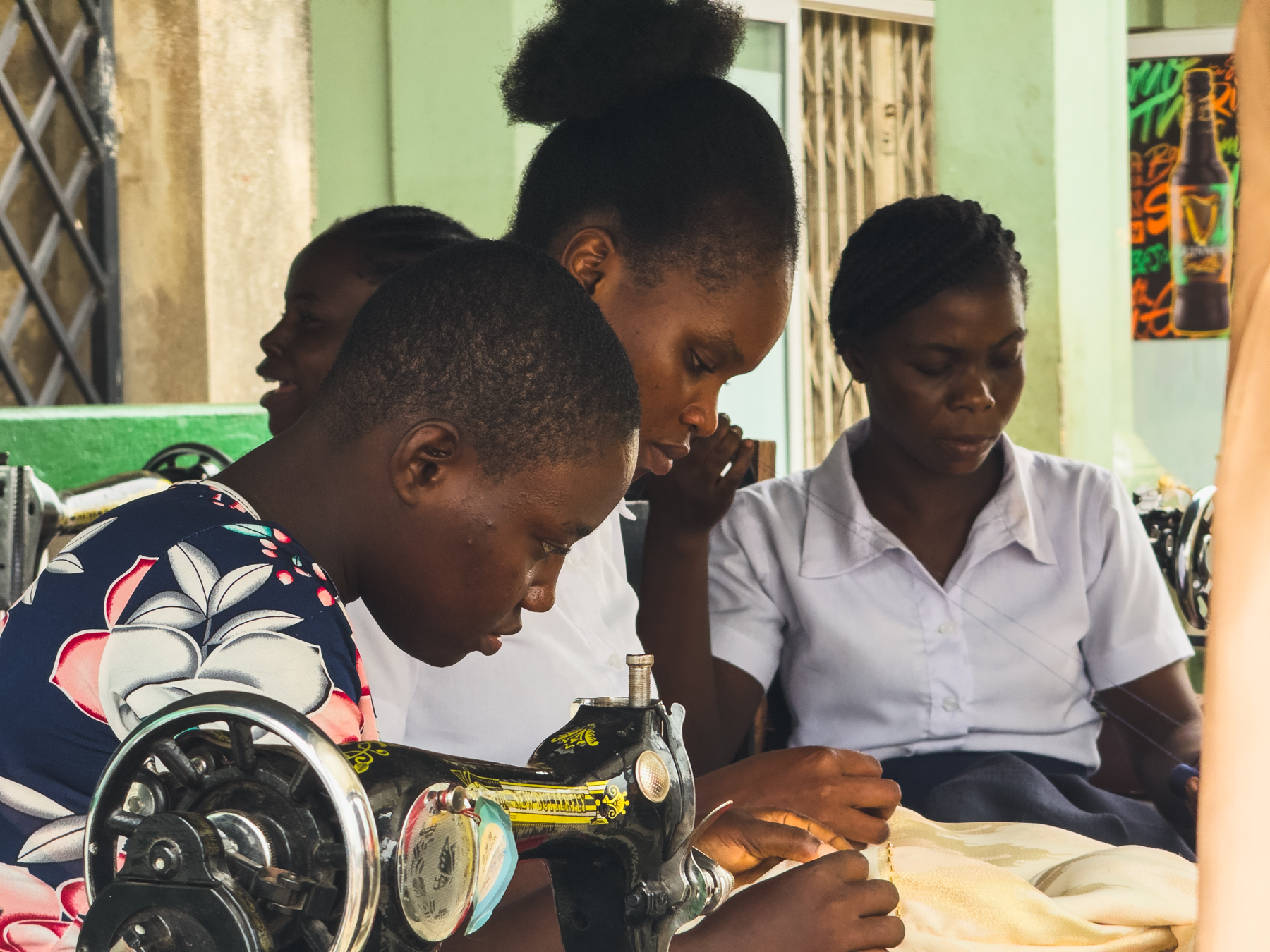
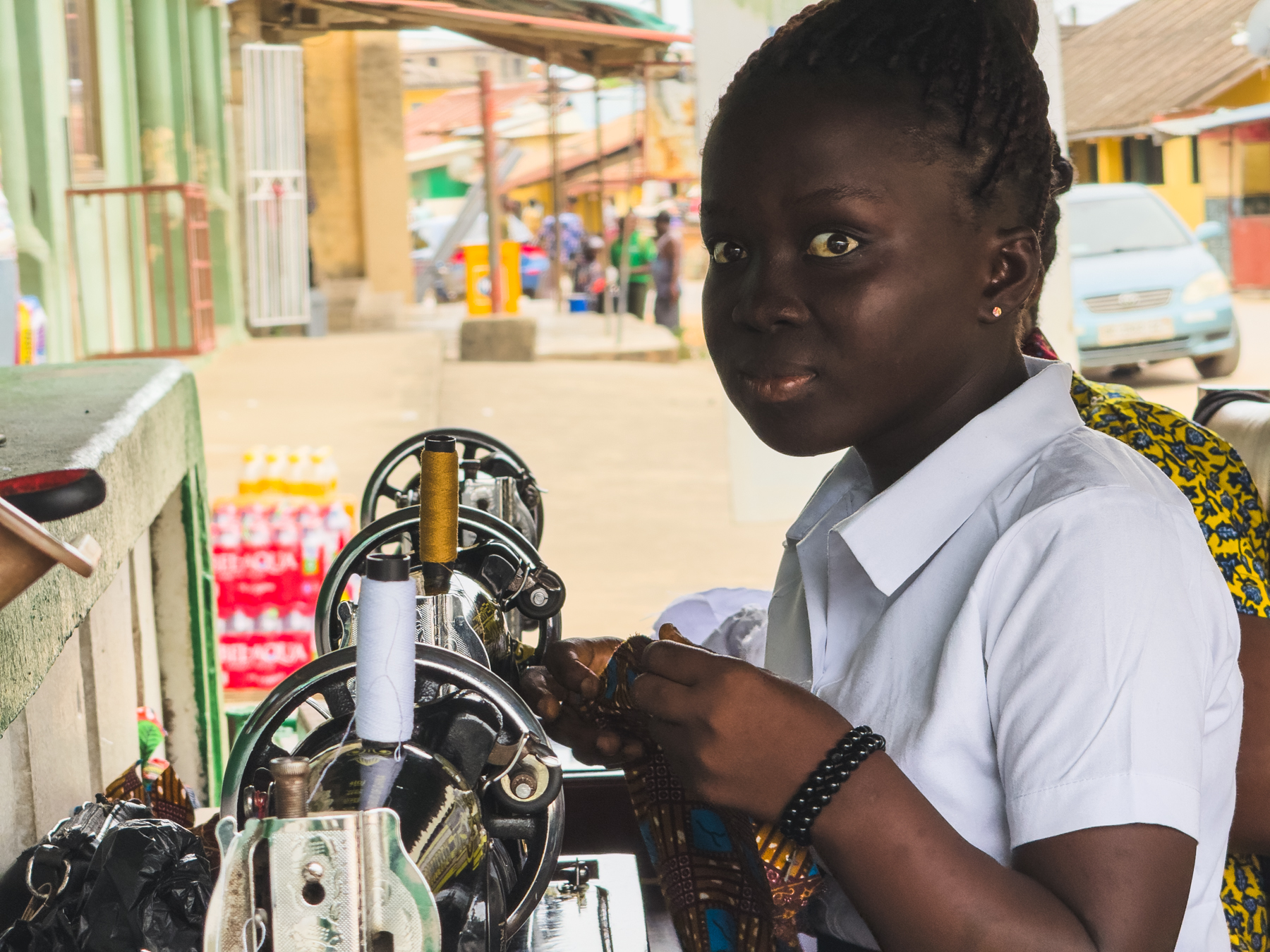
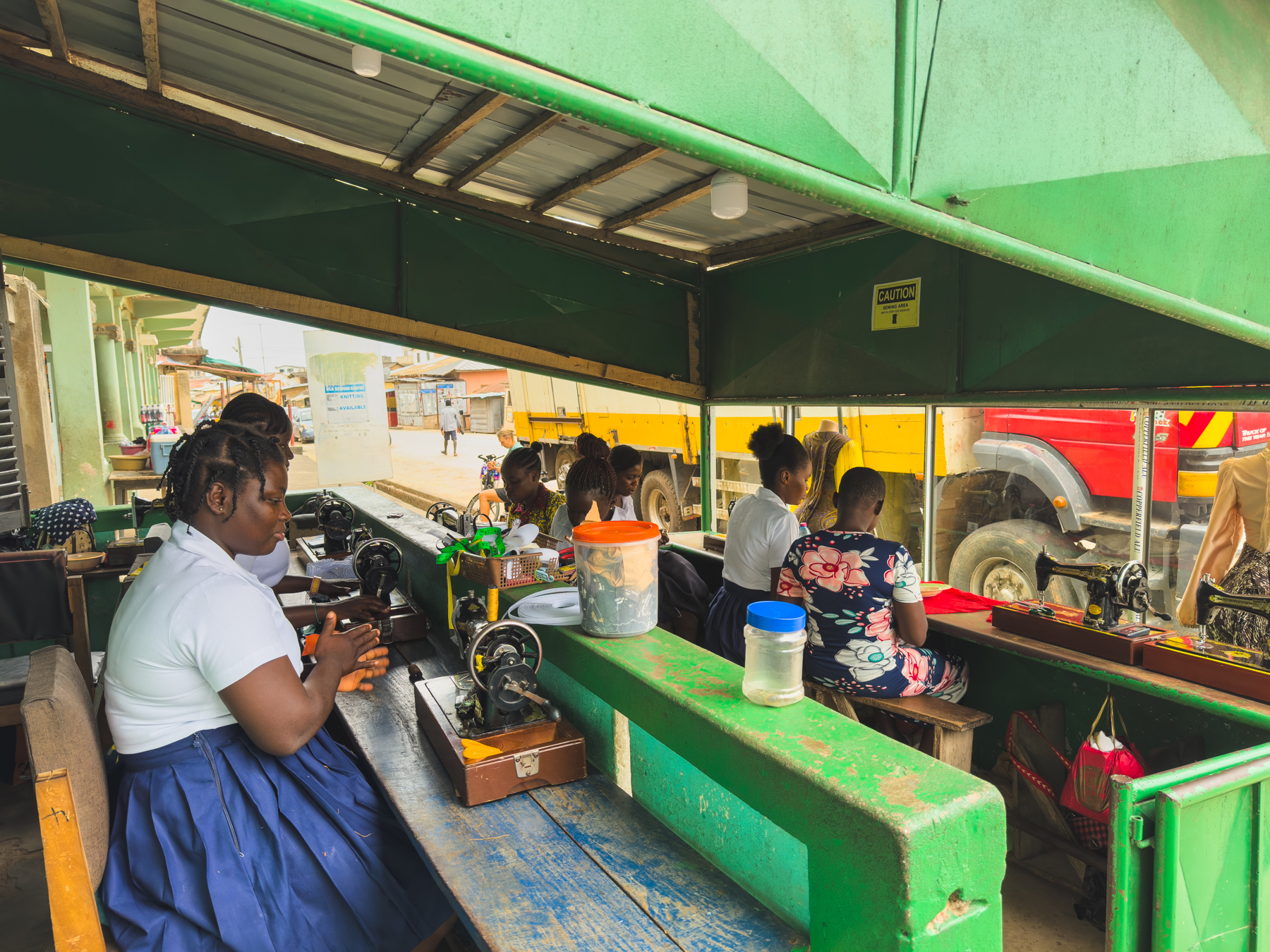
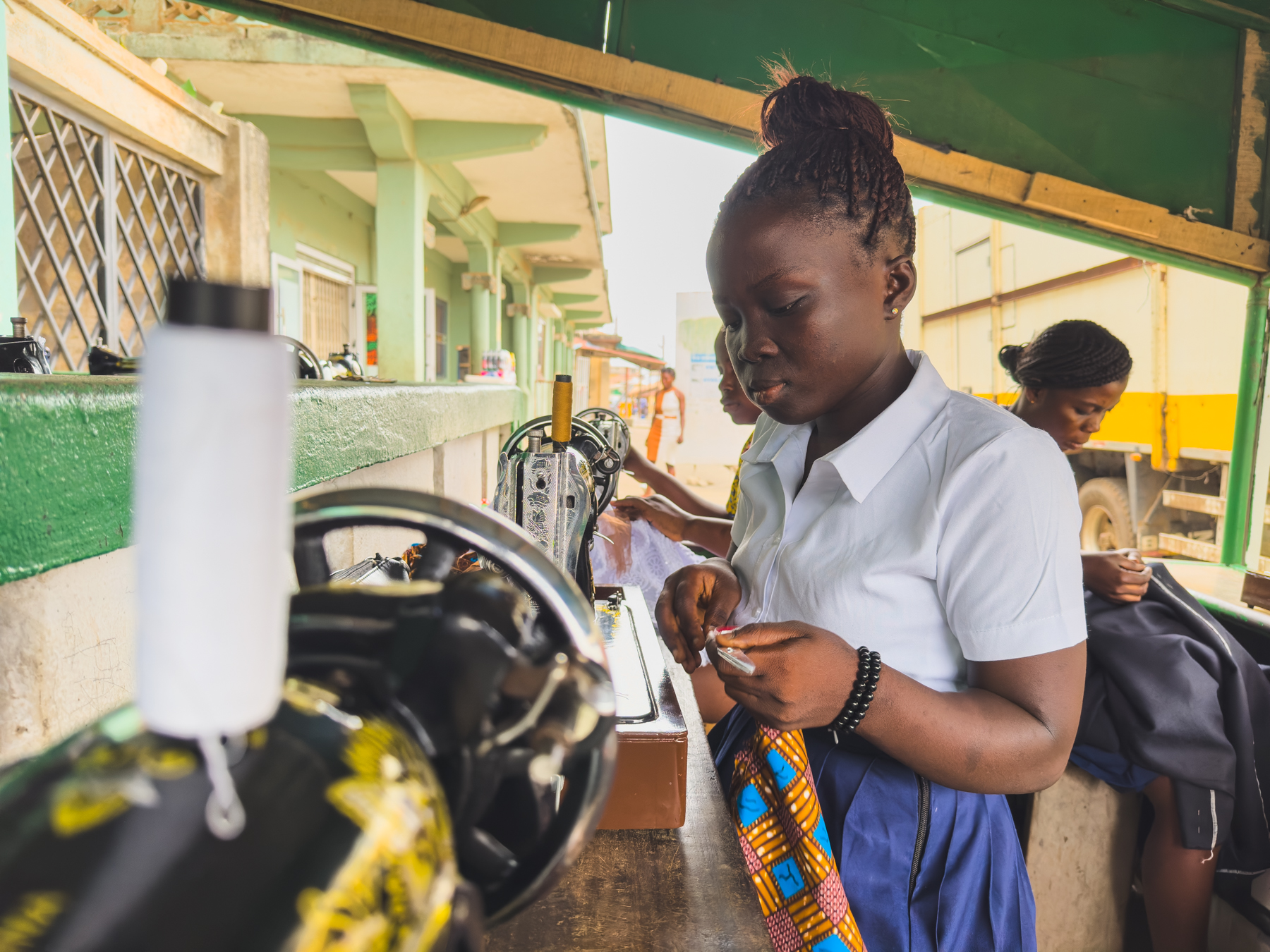
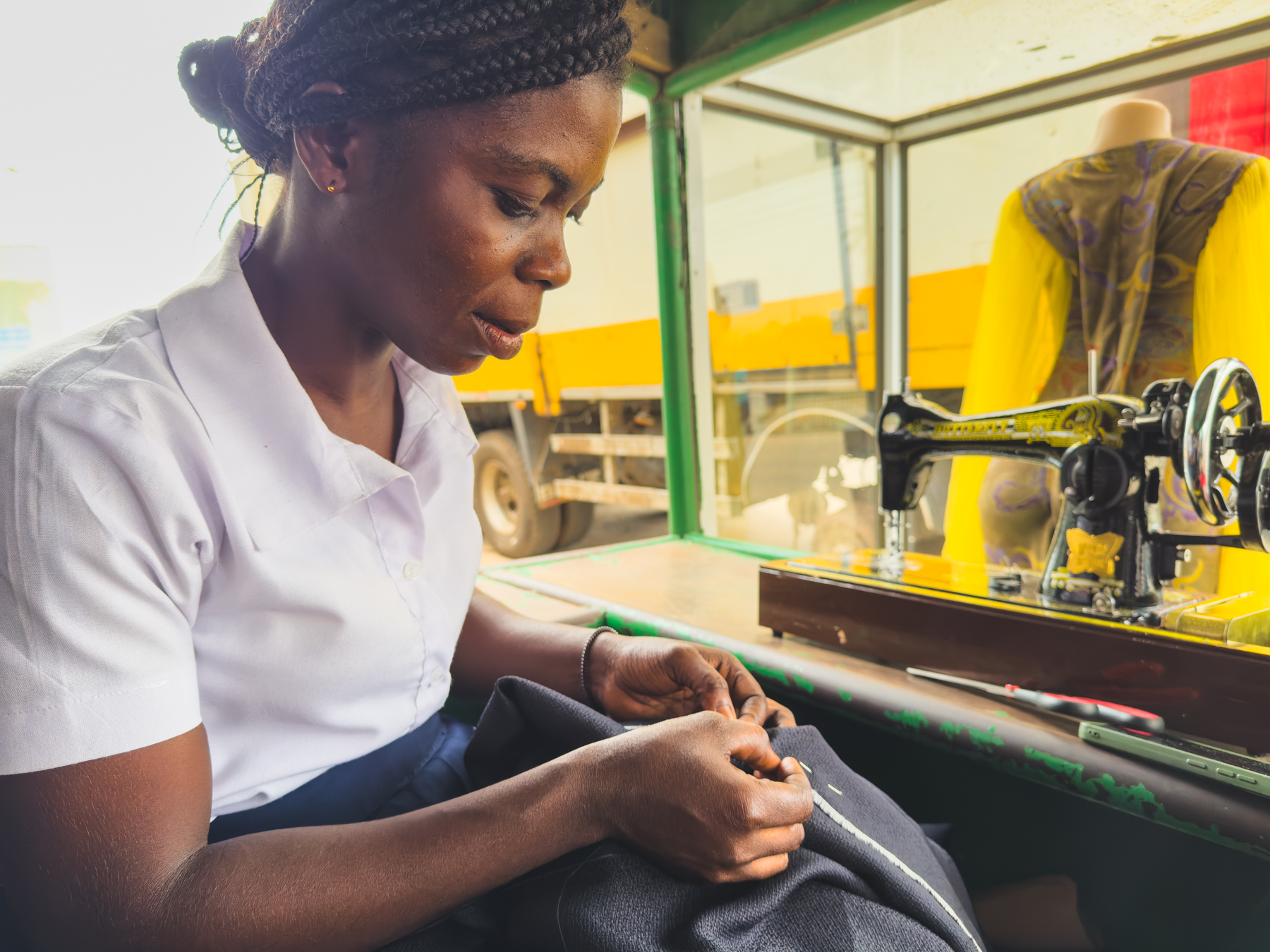





Leave a Reply